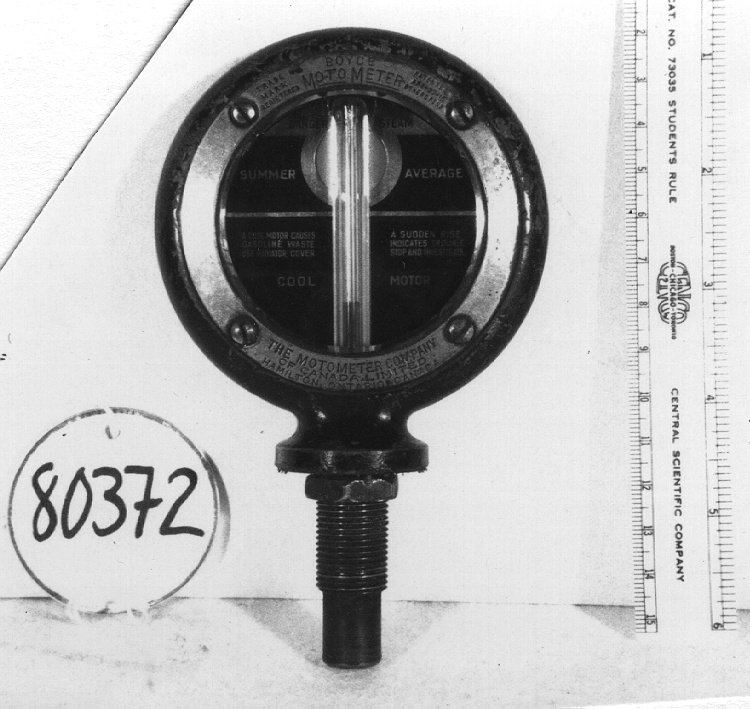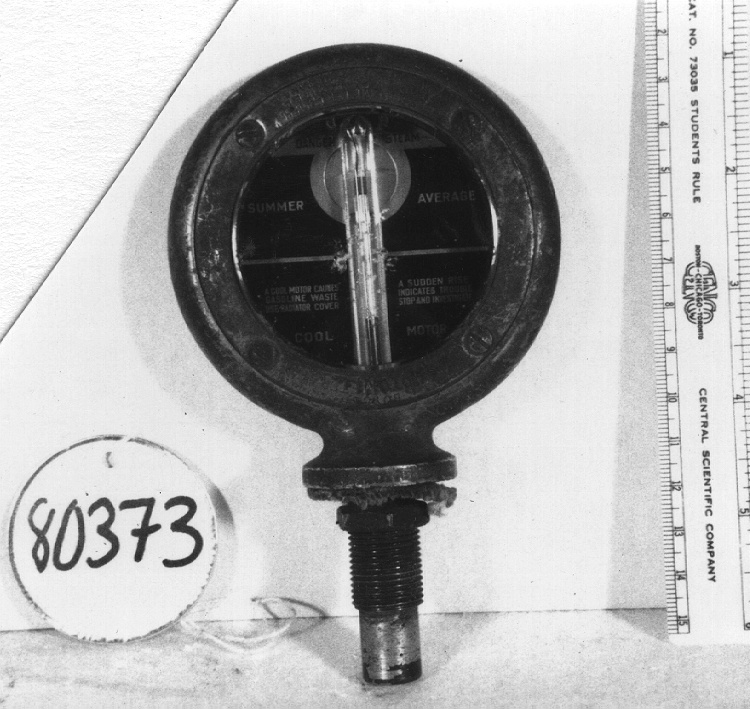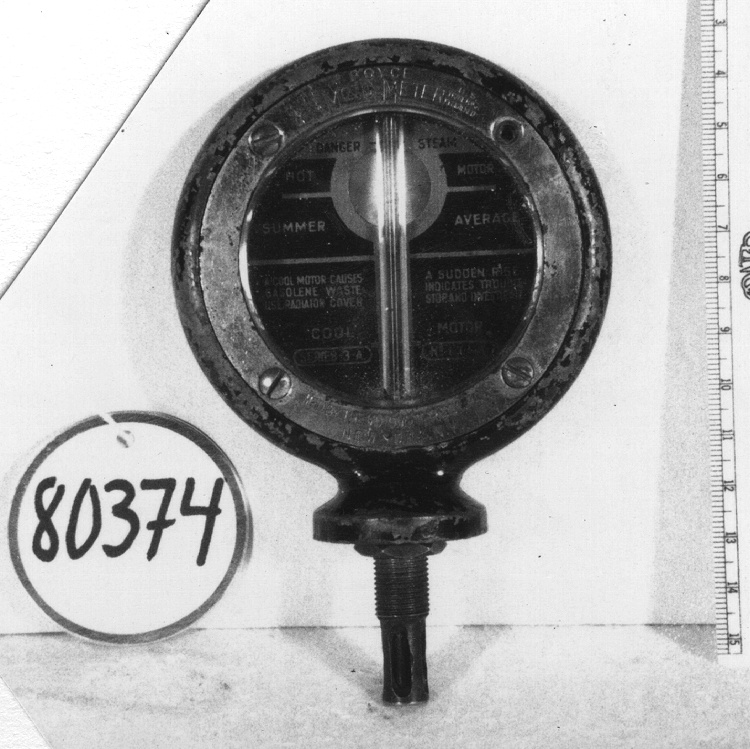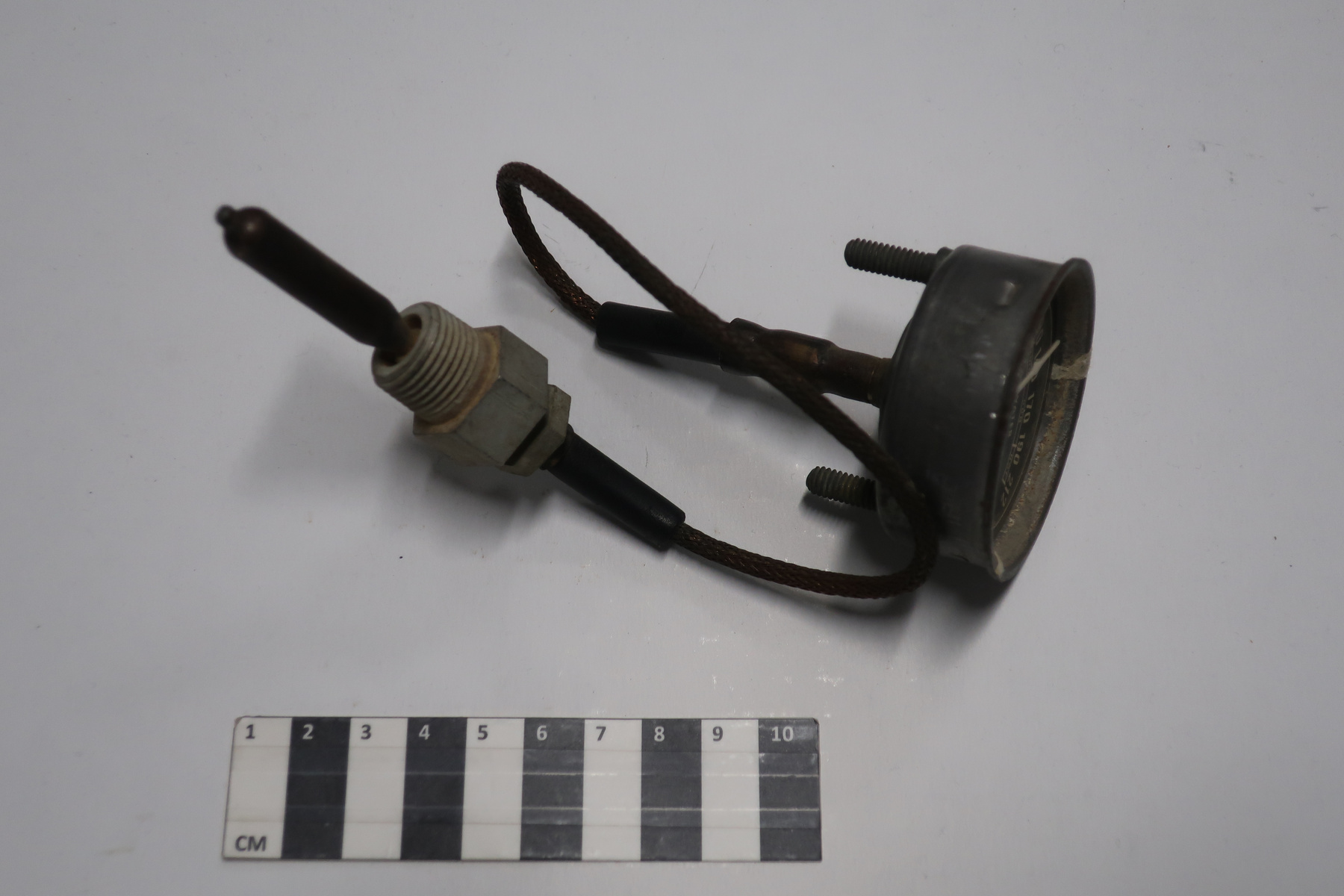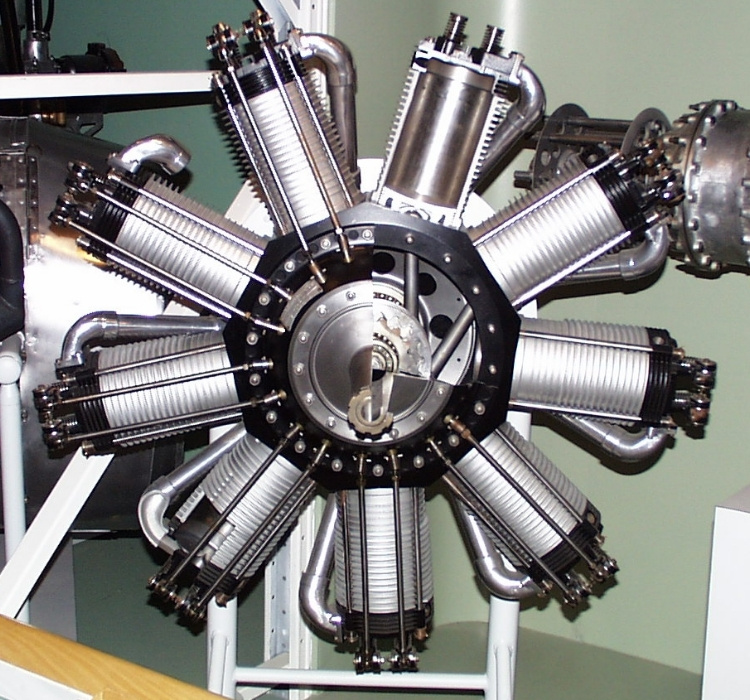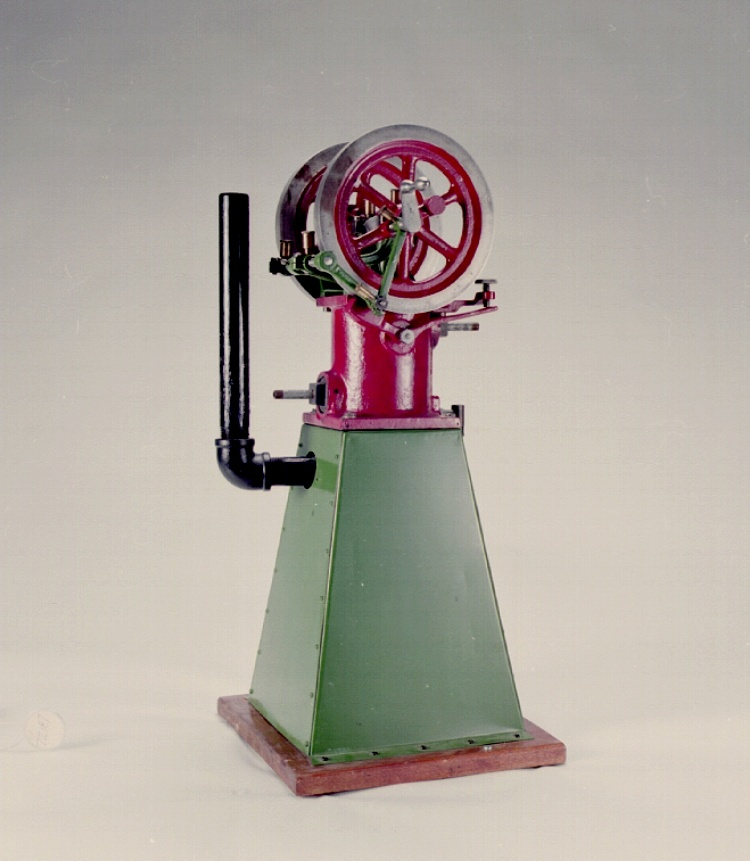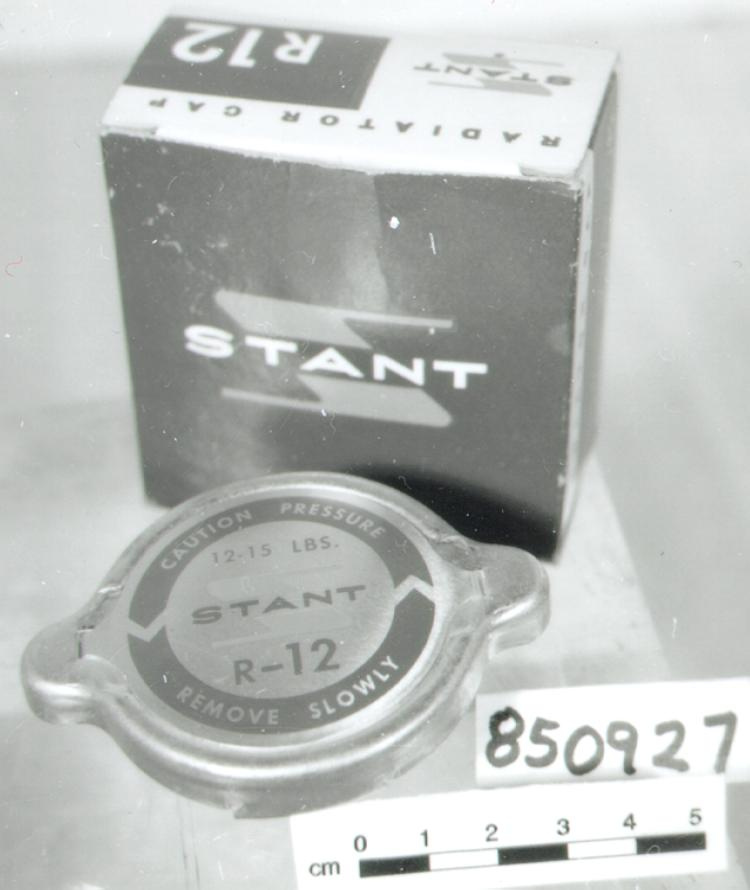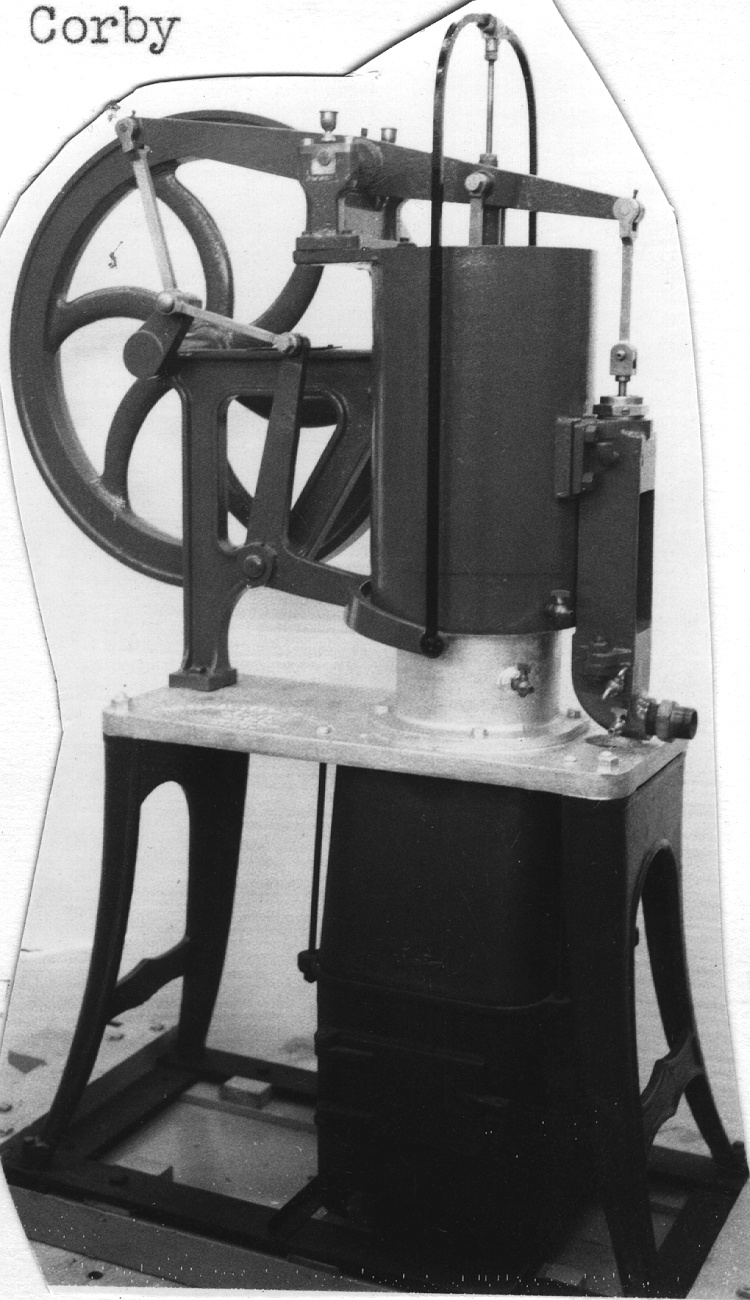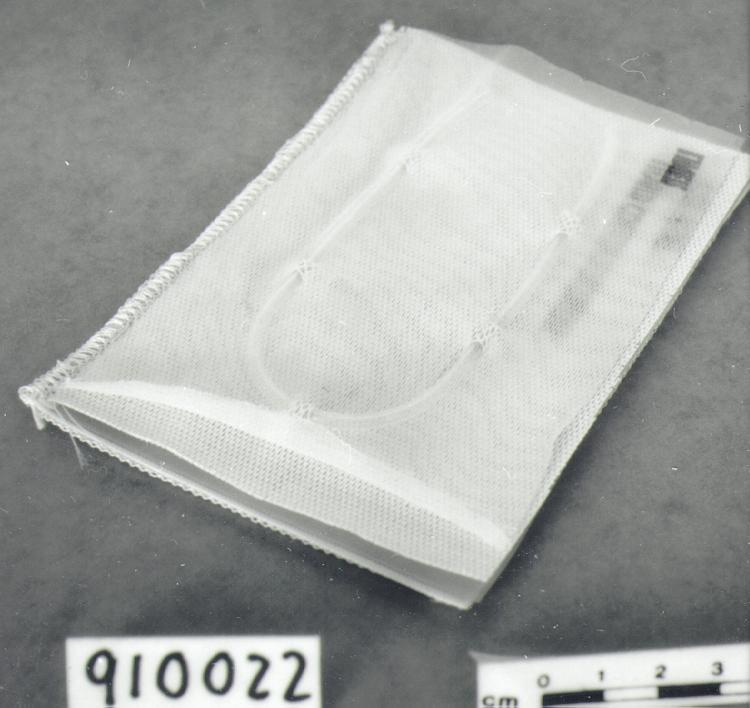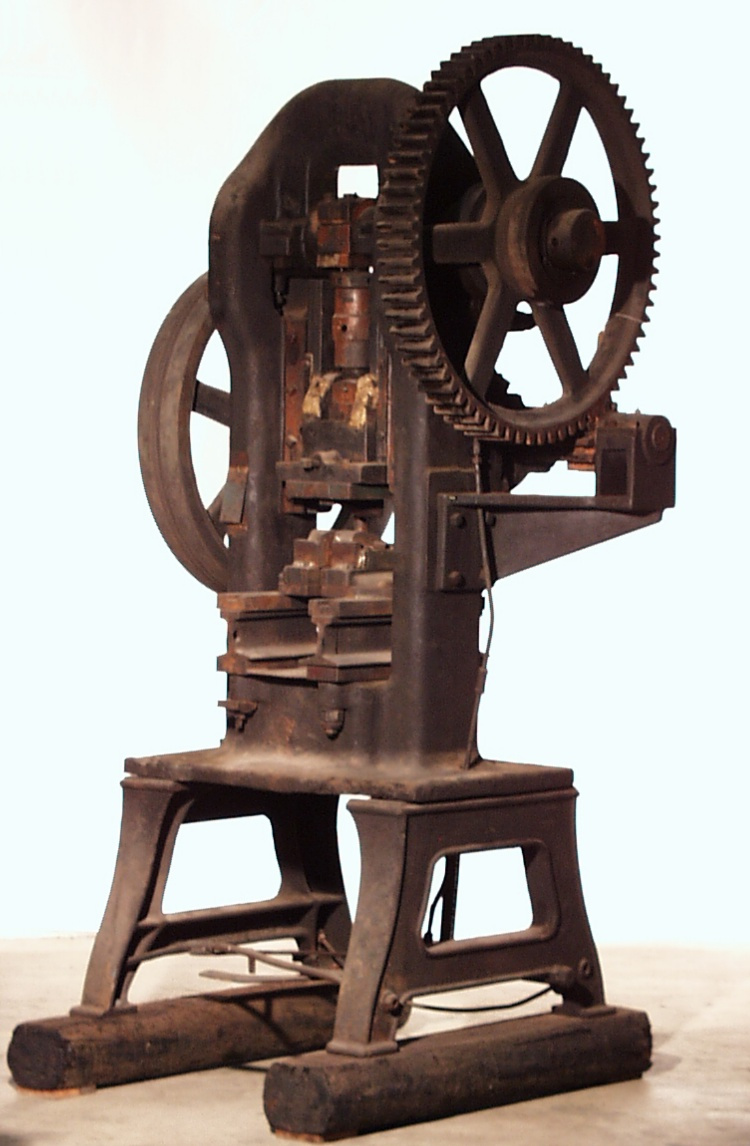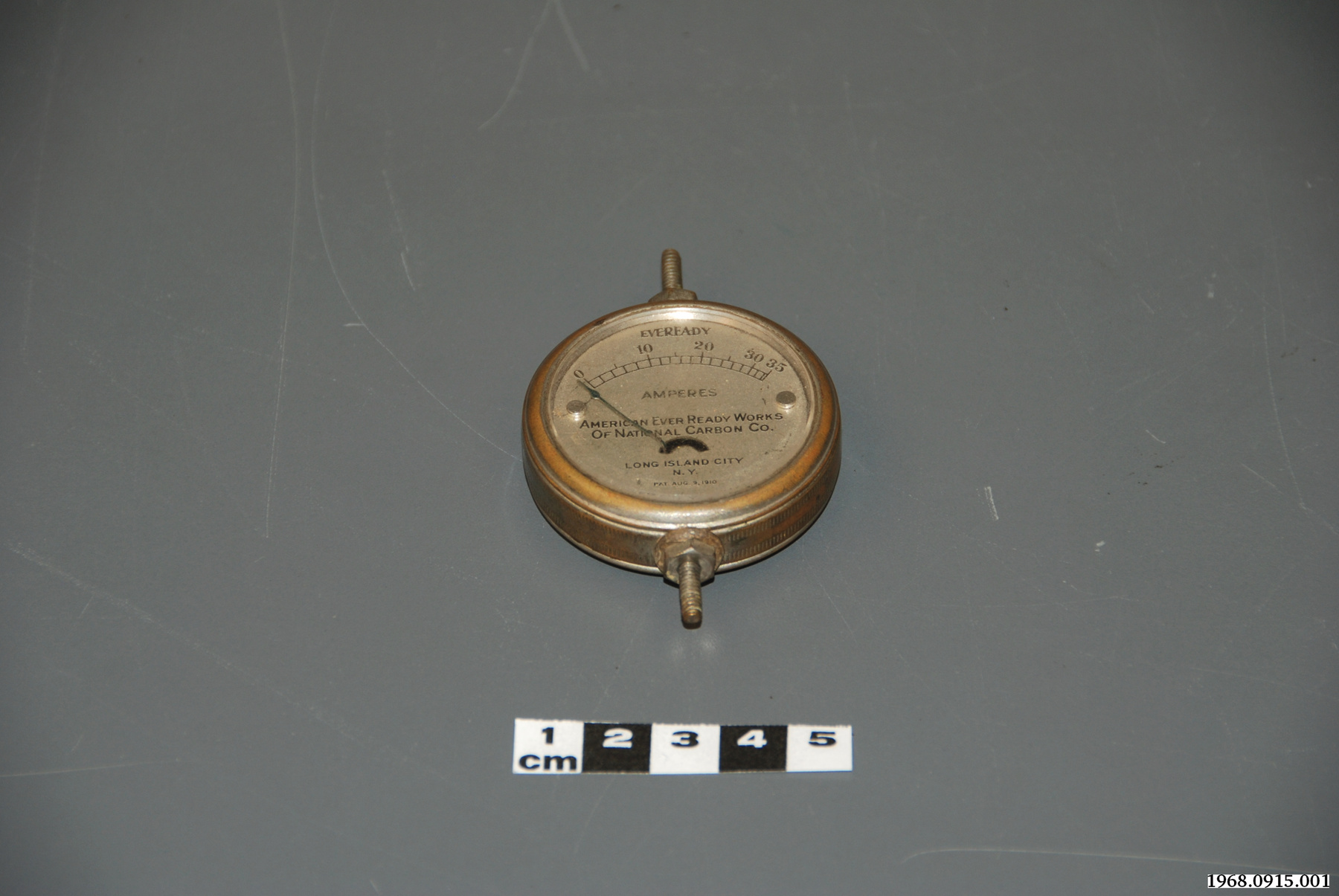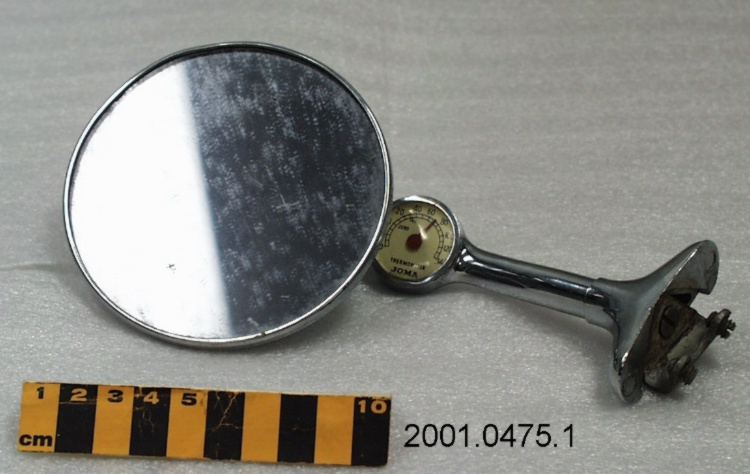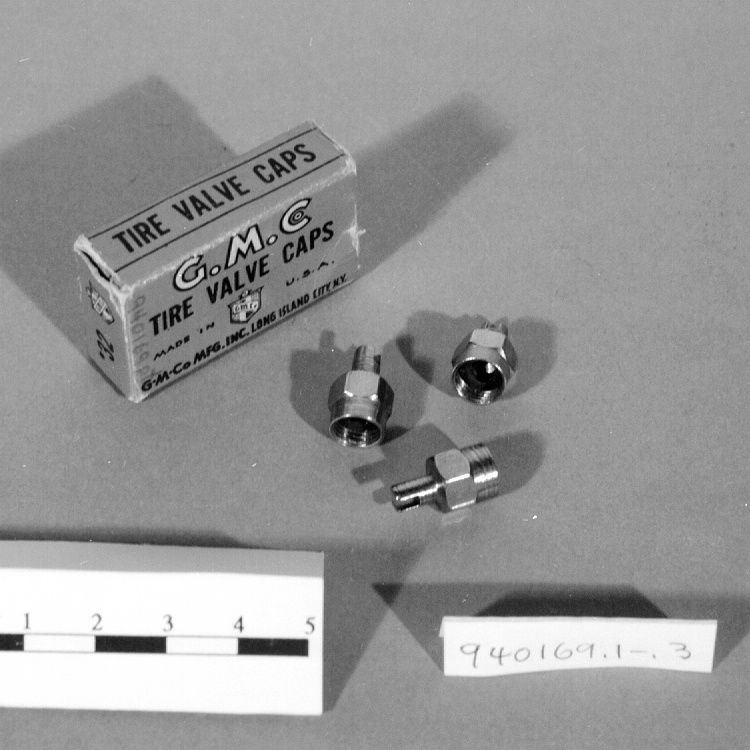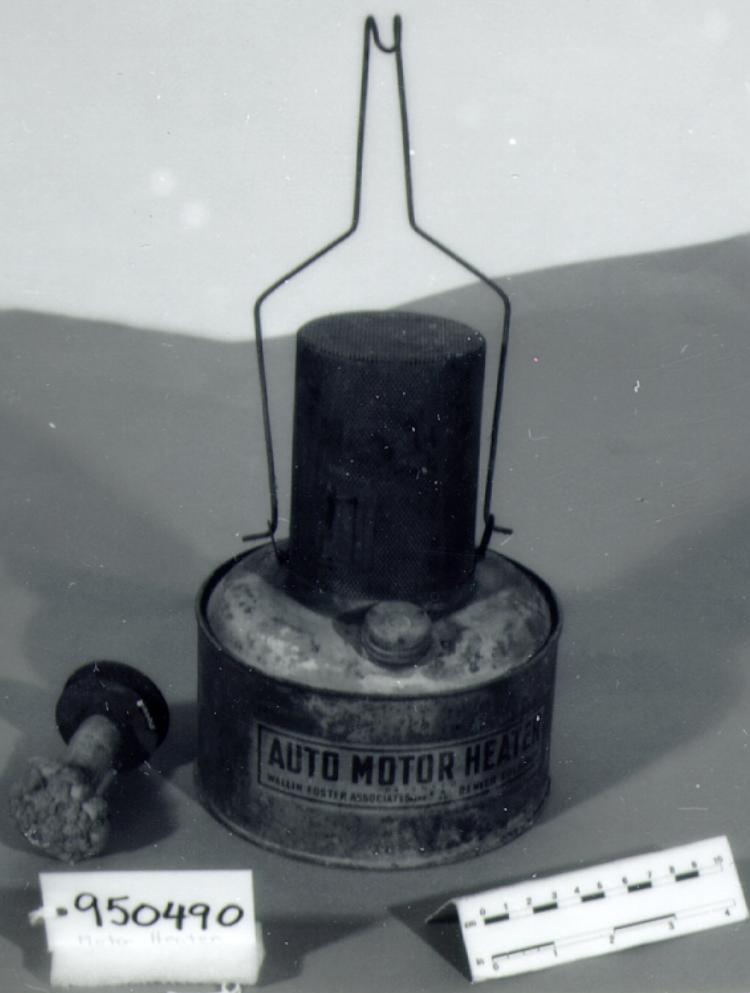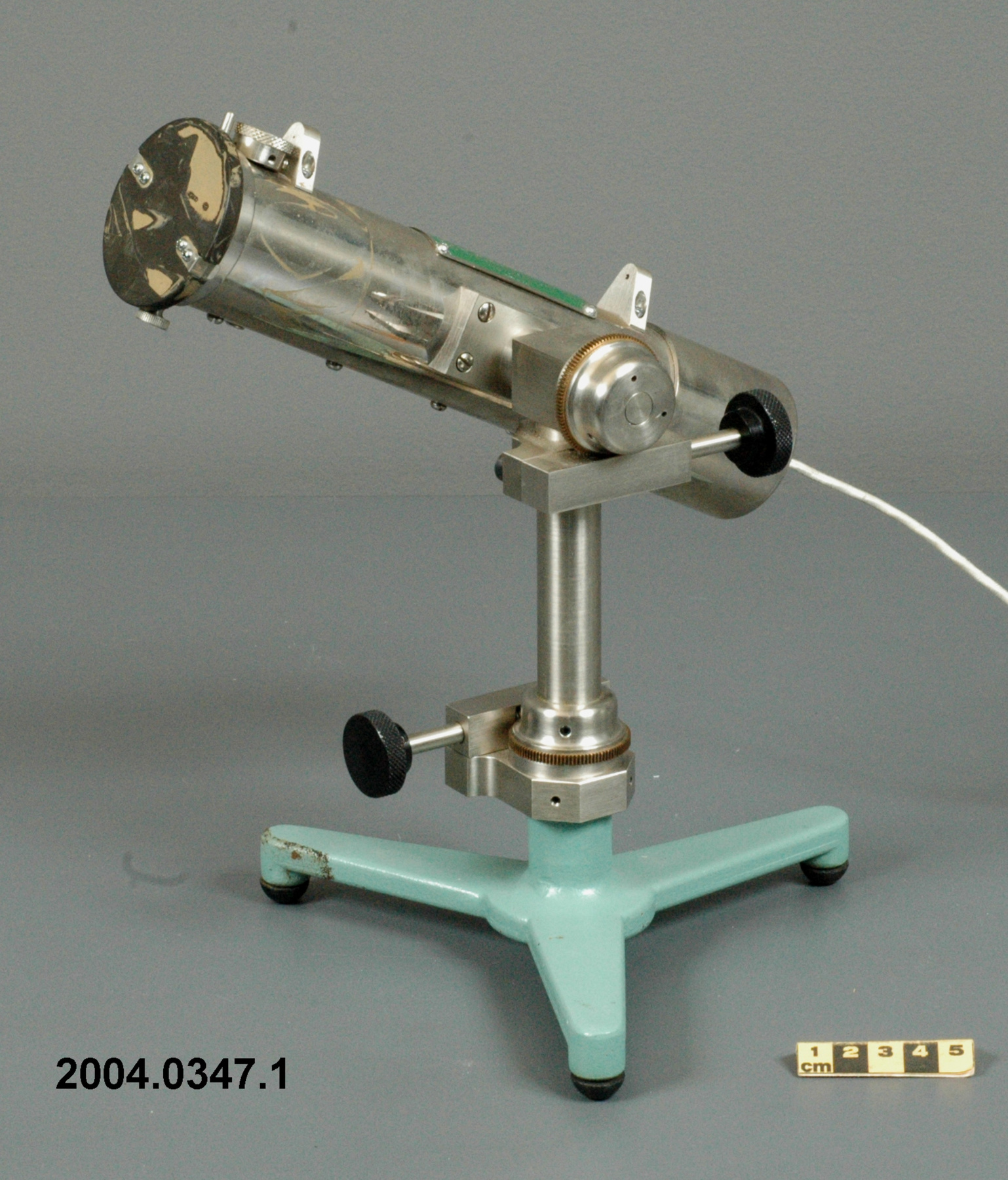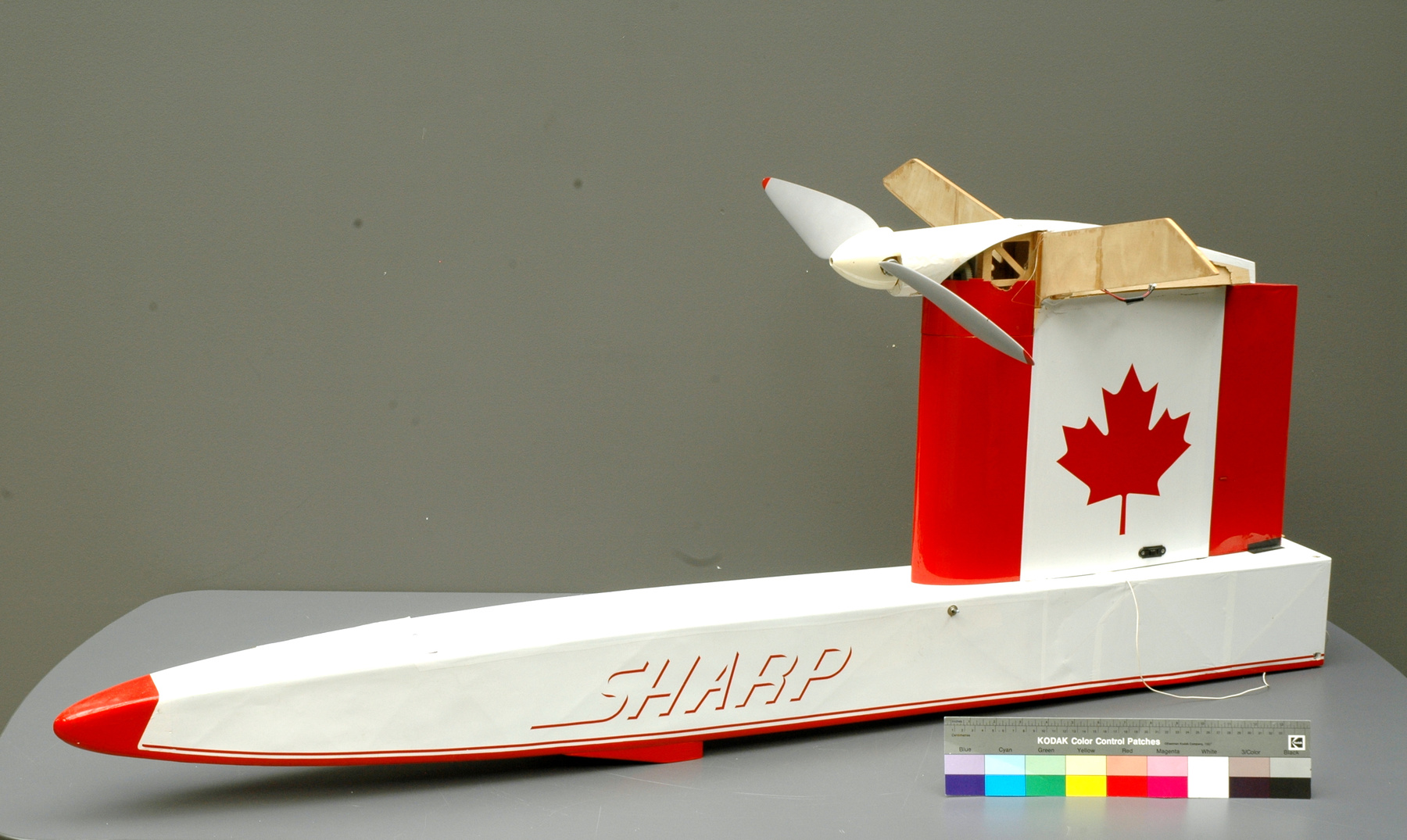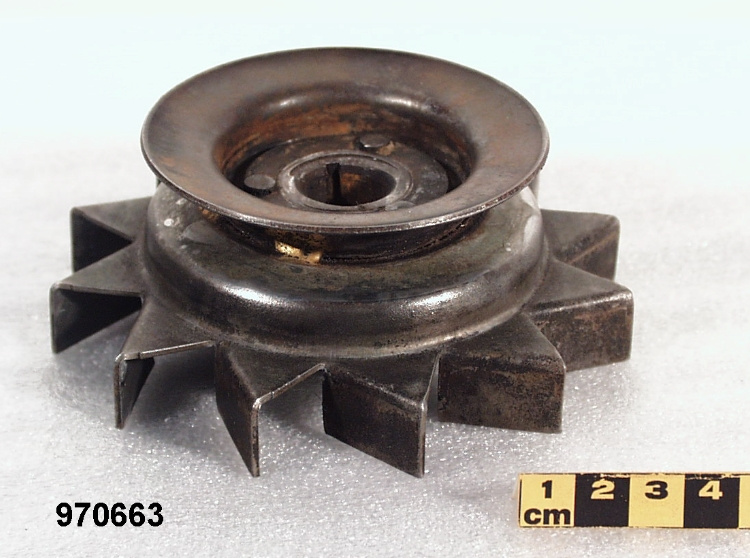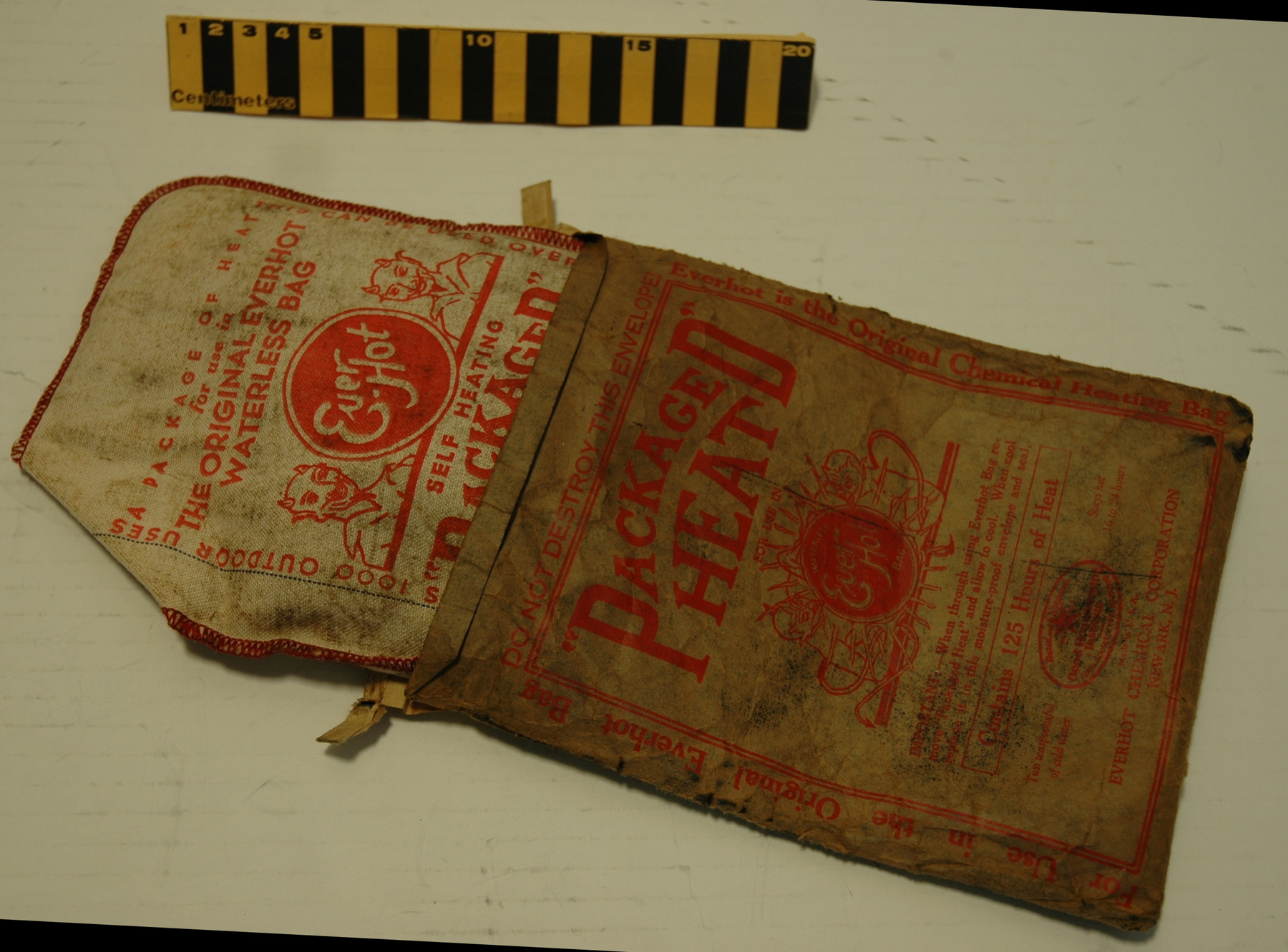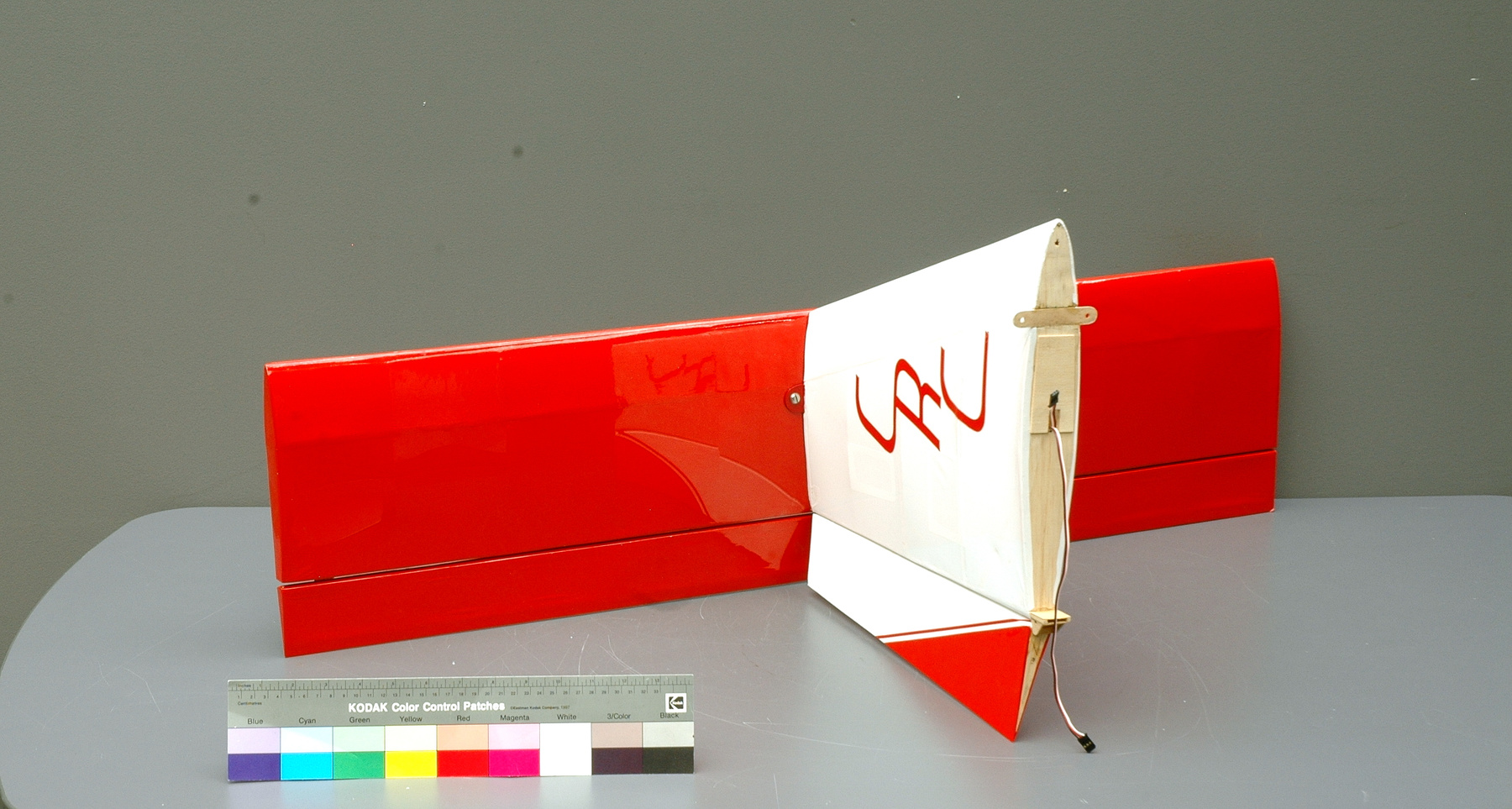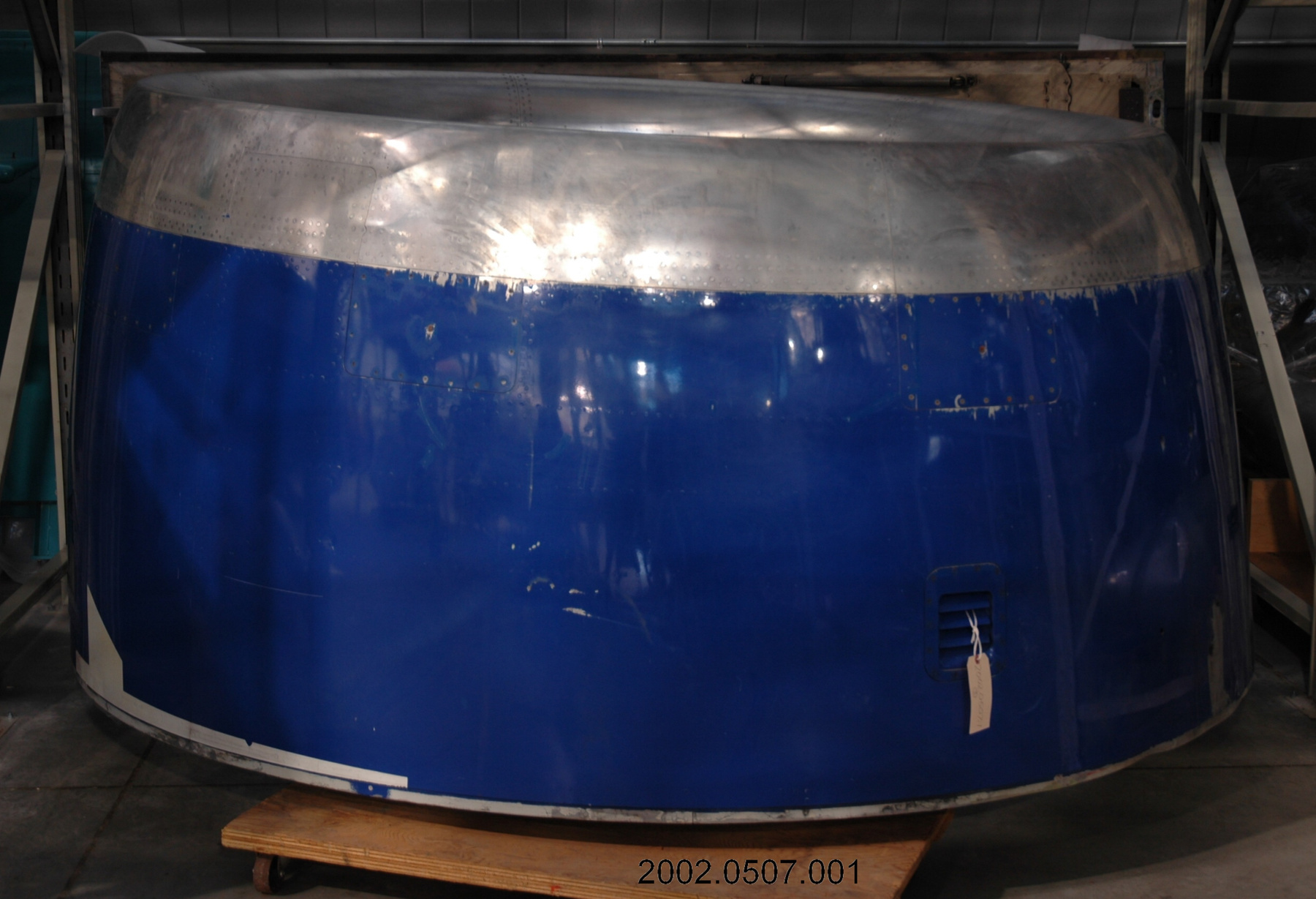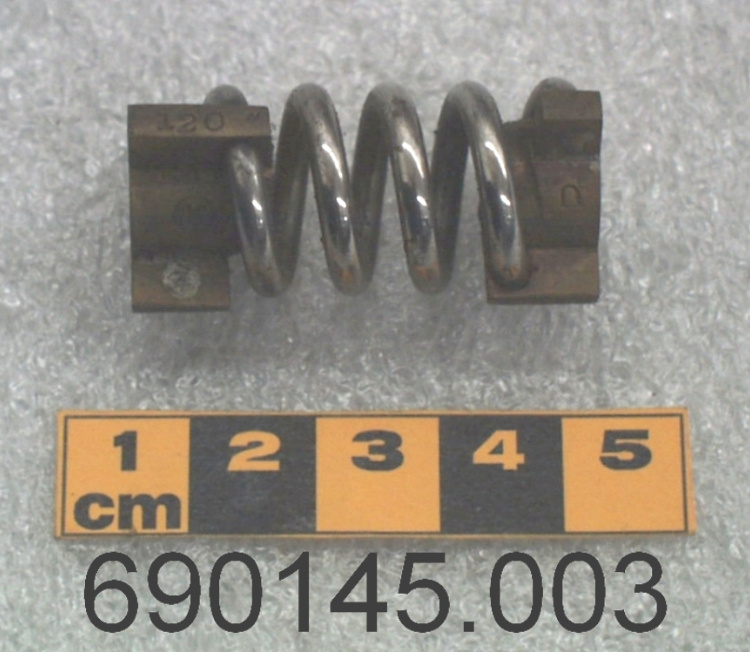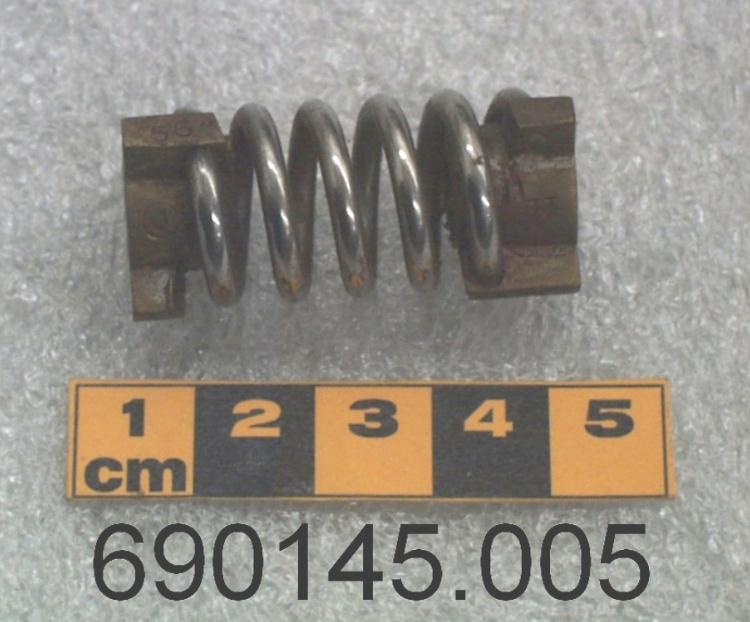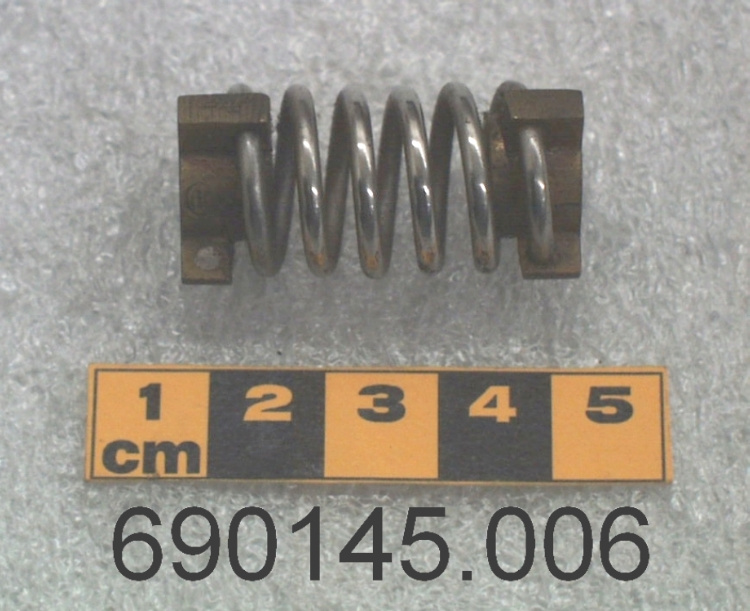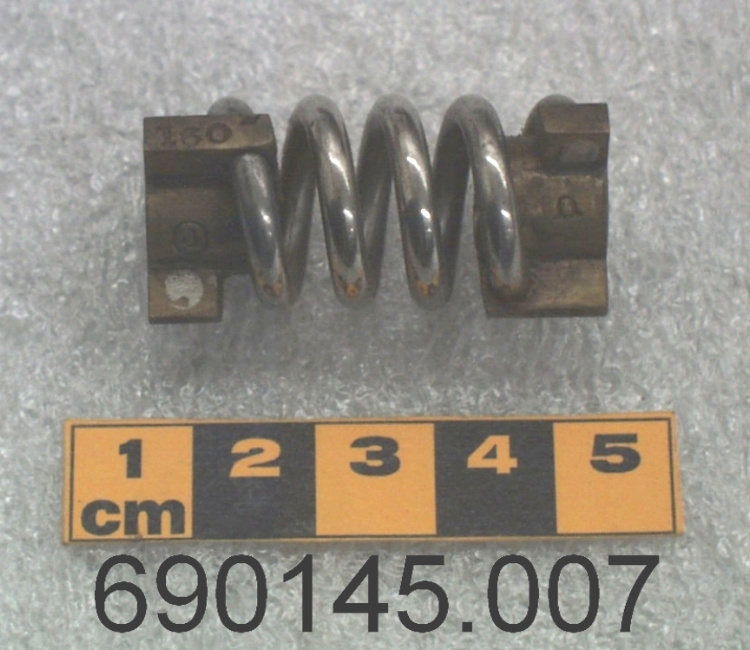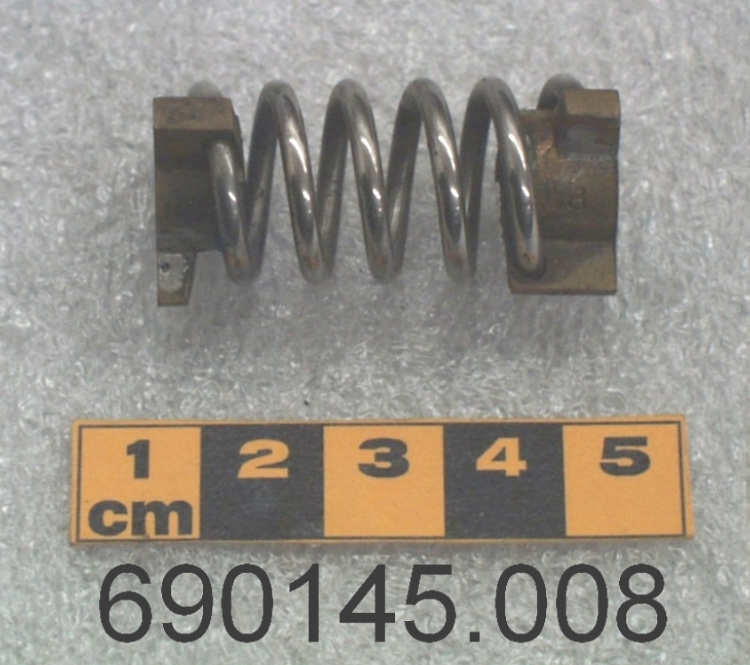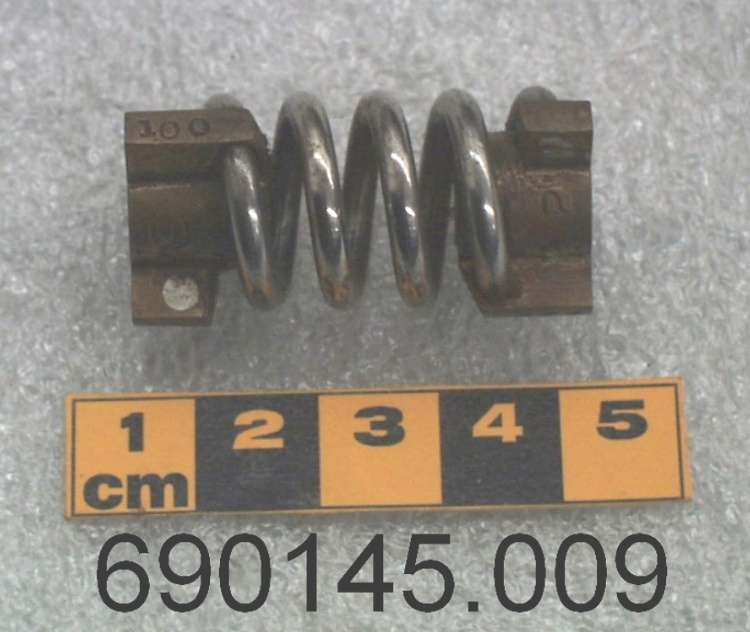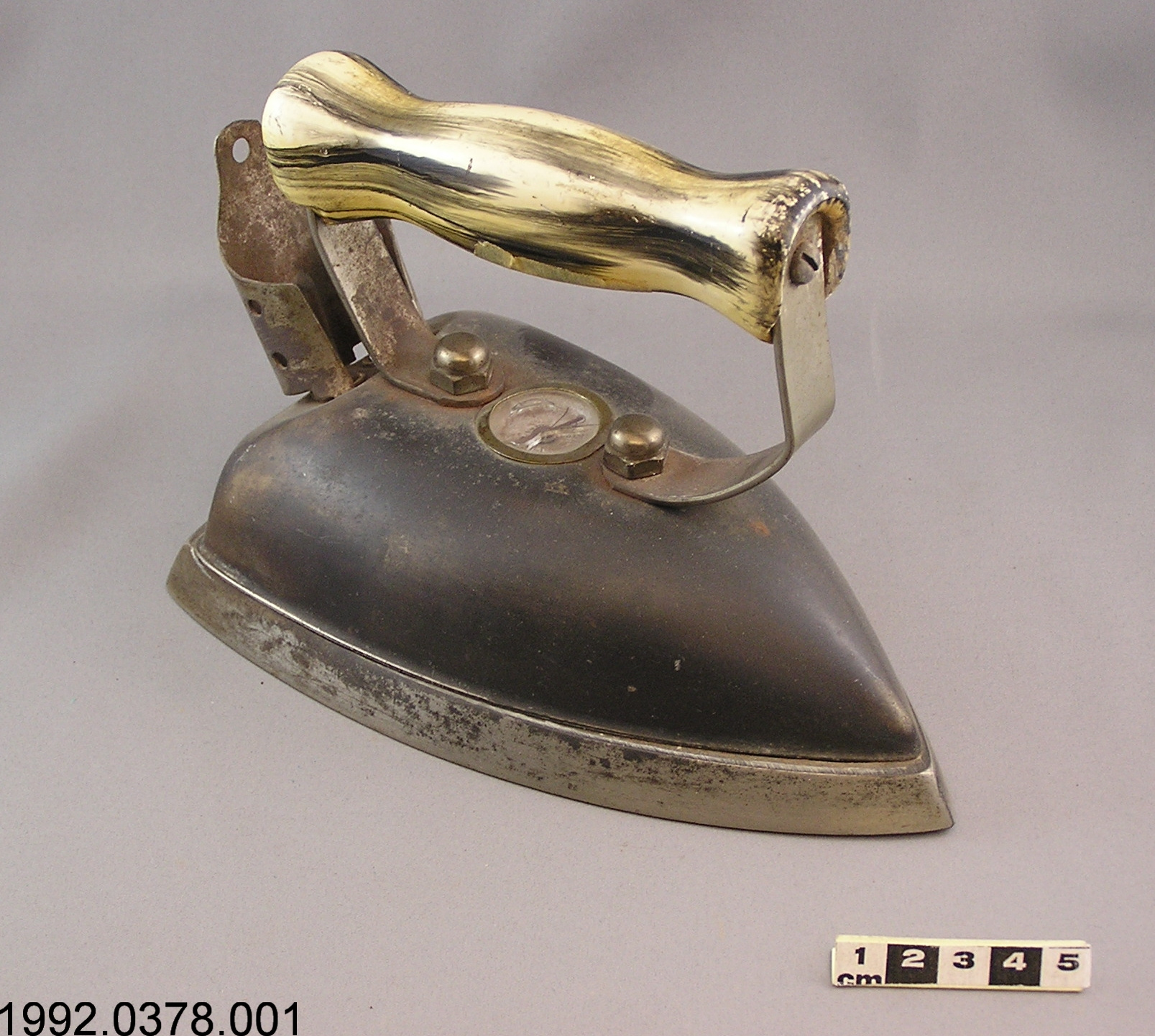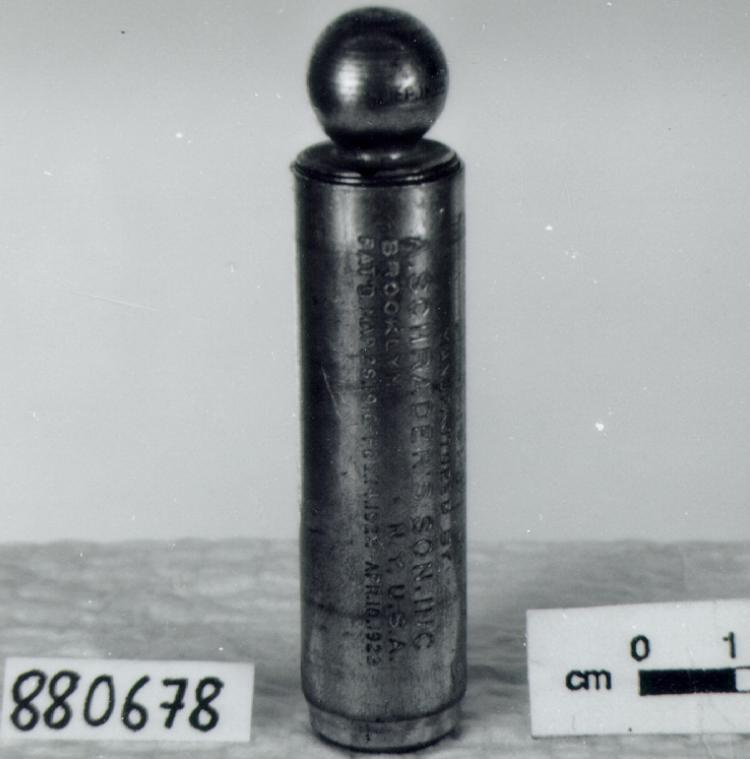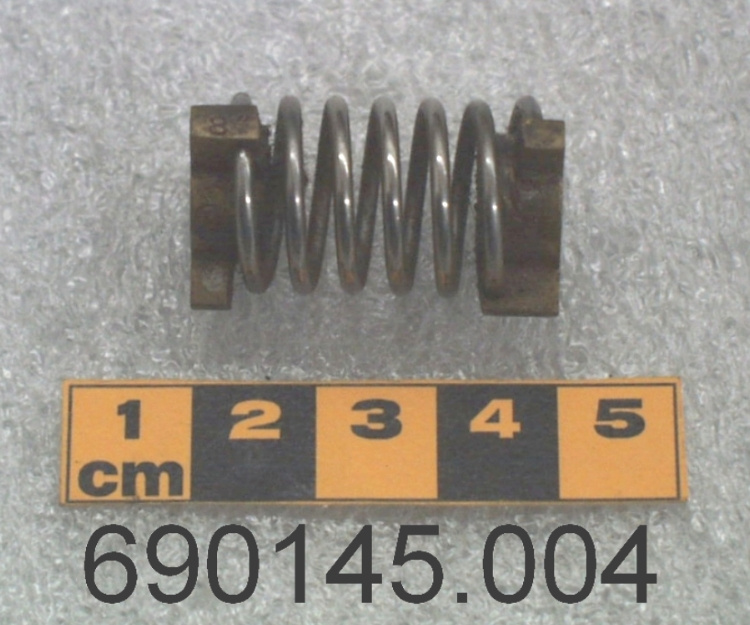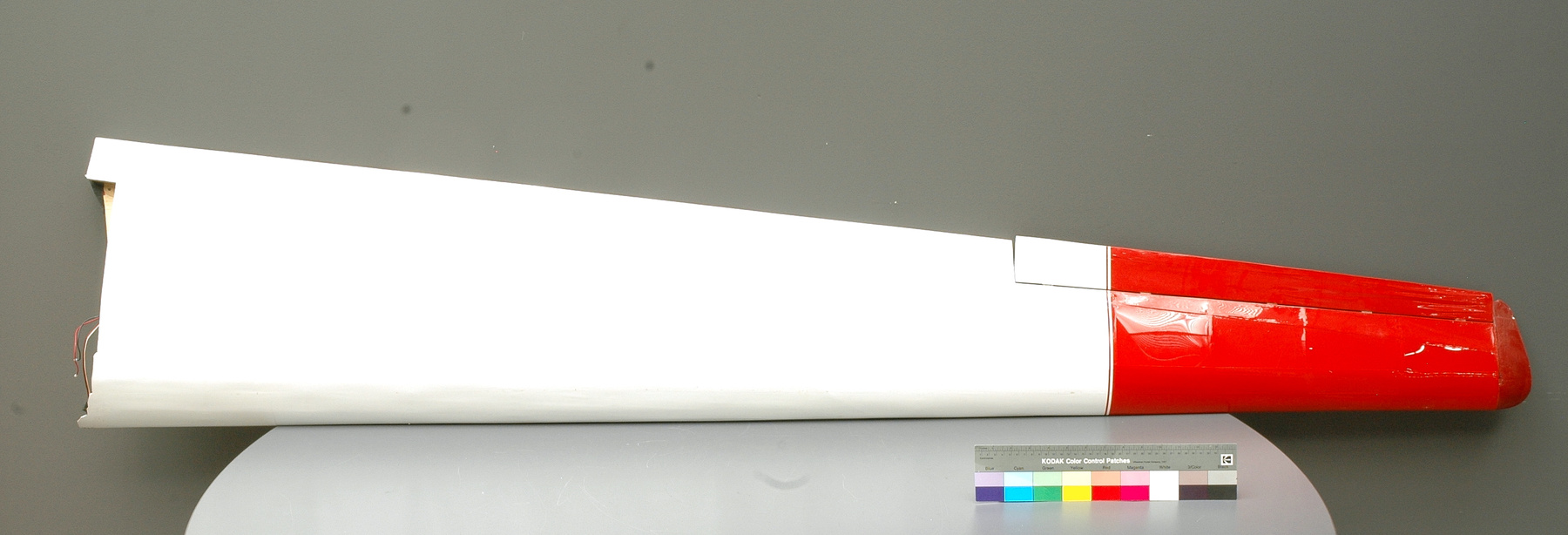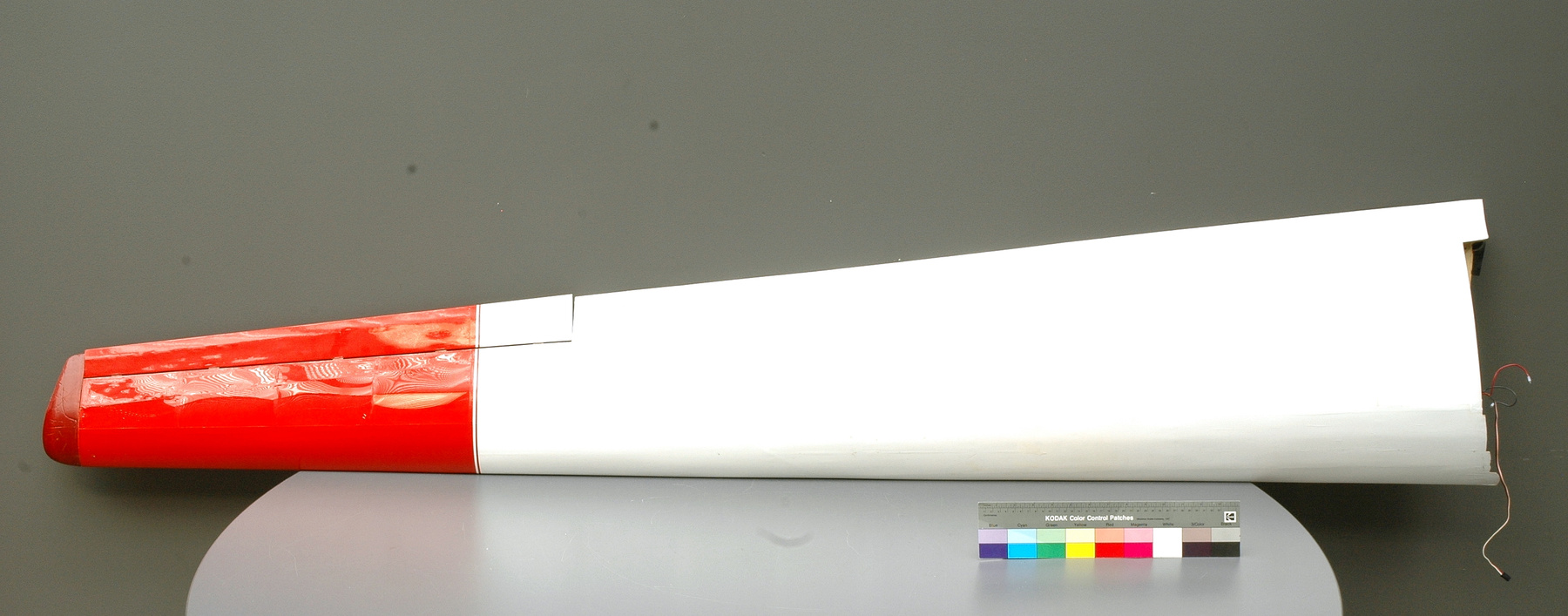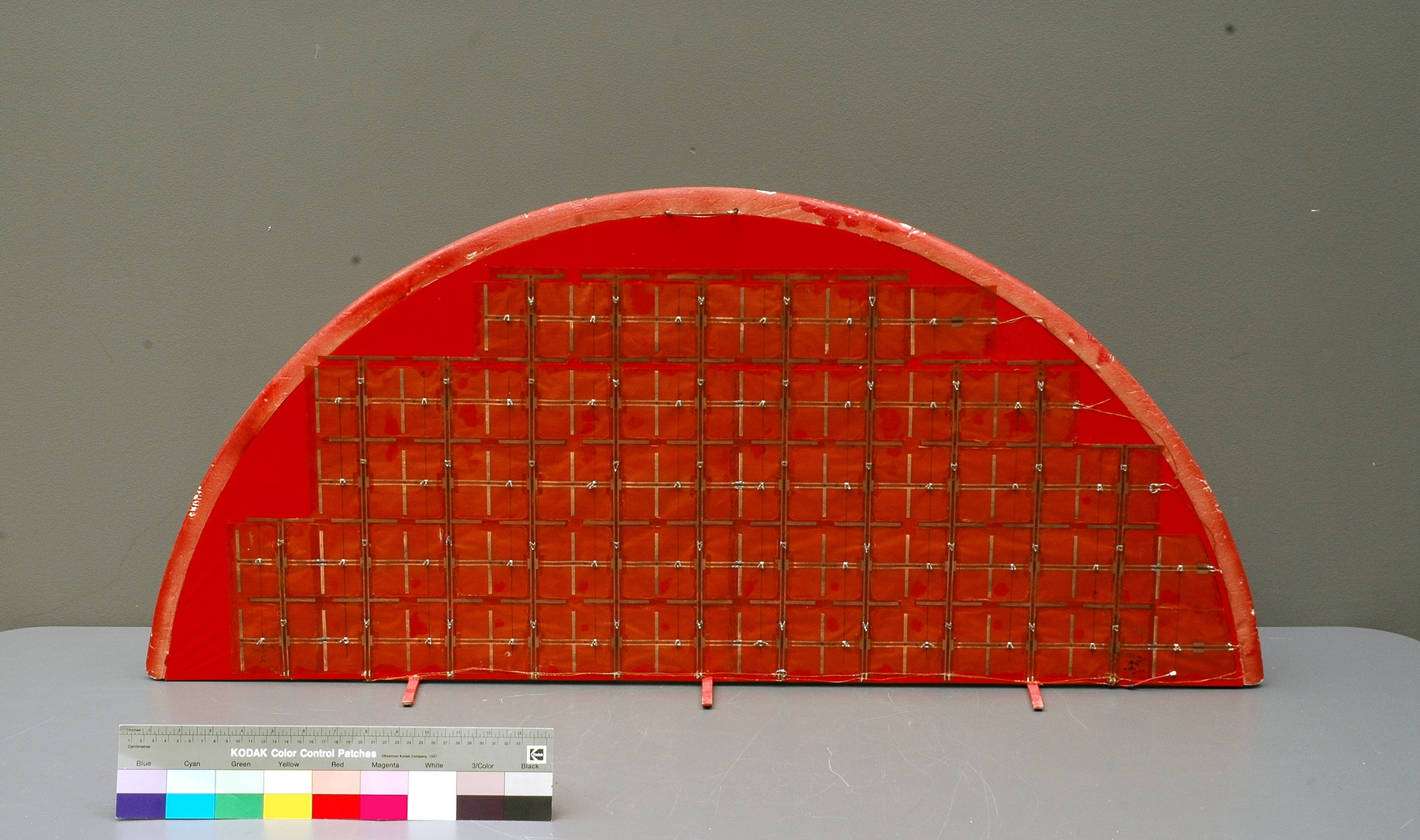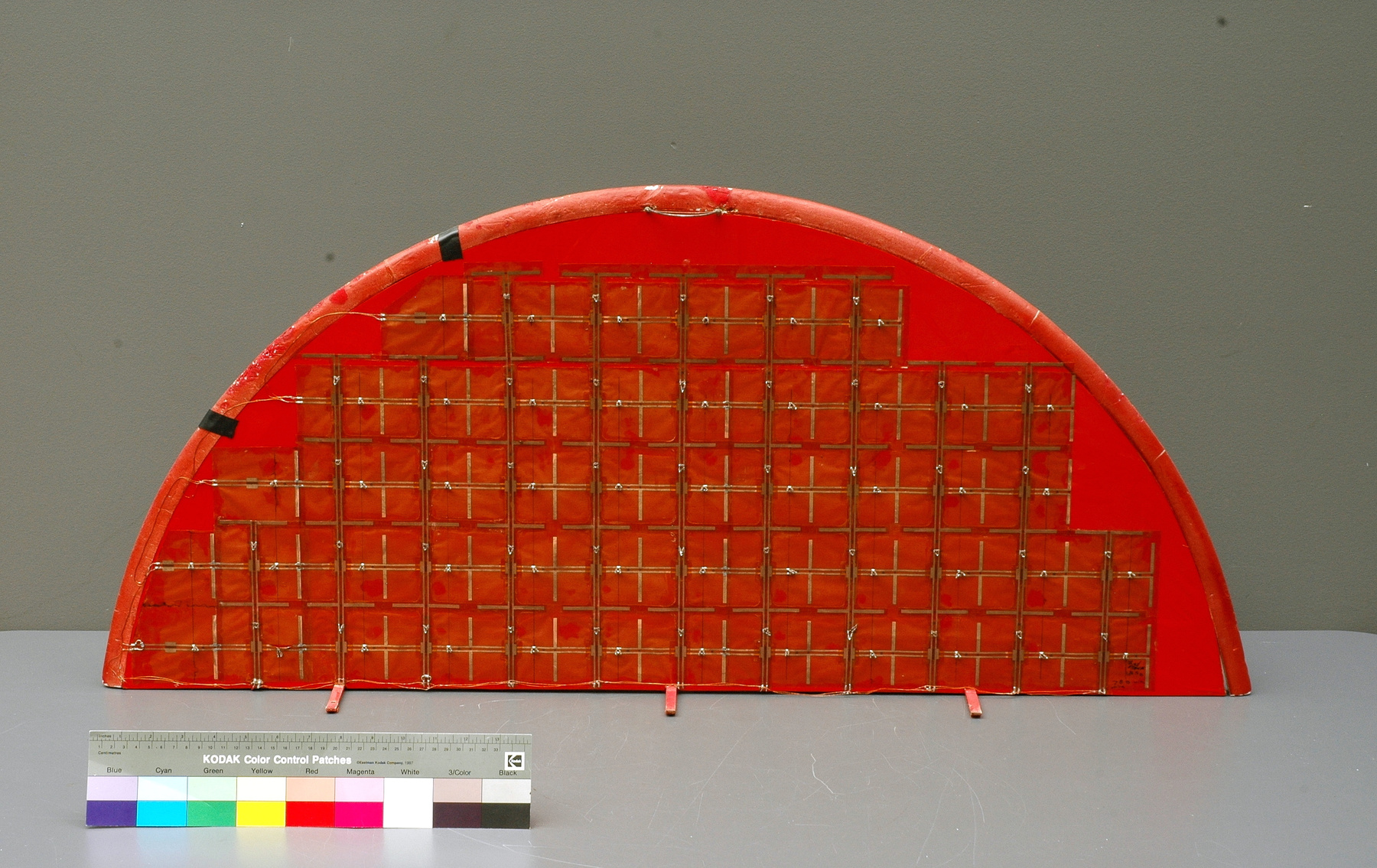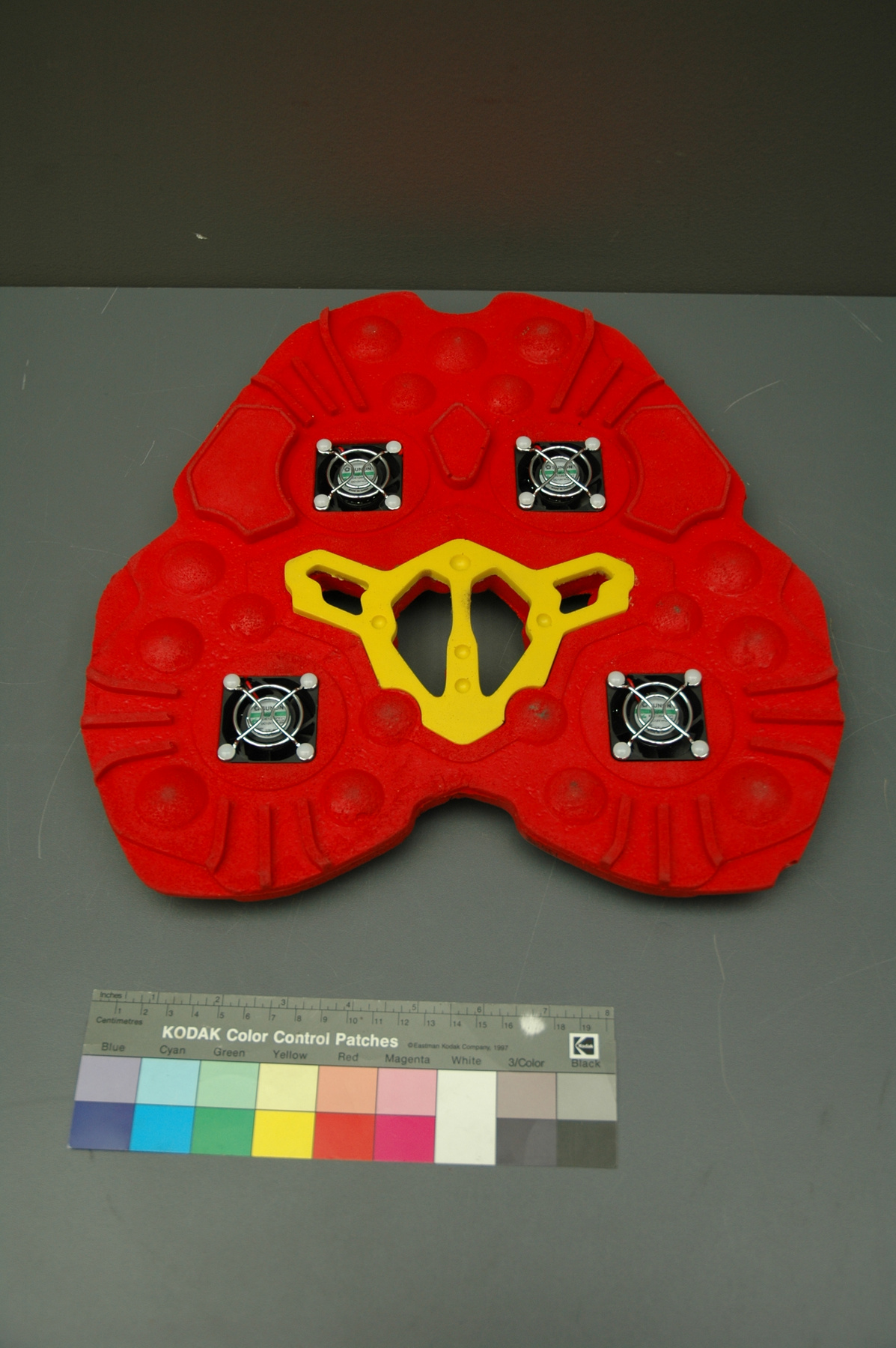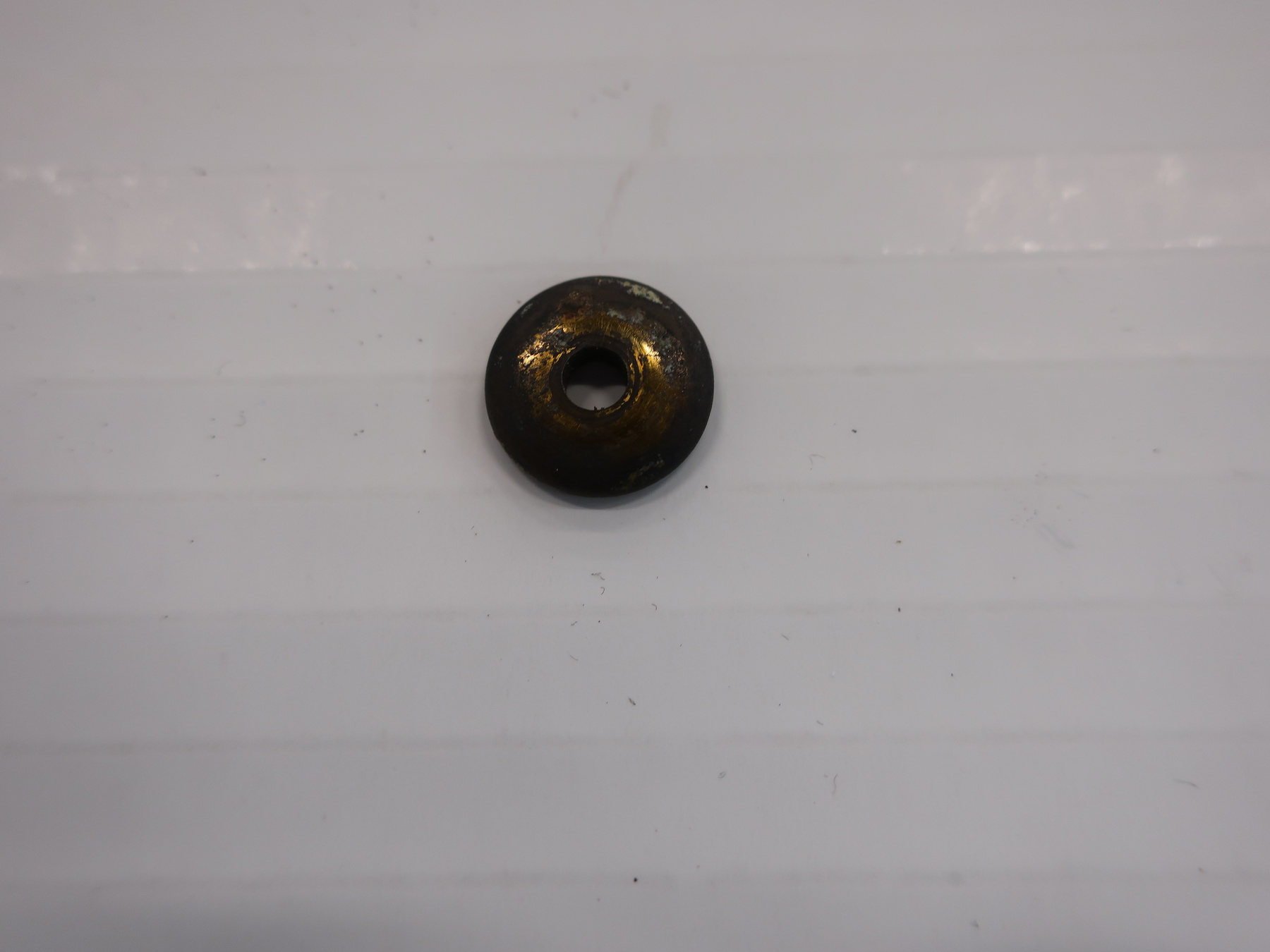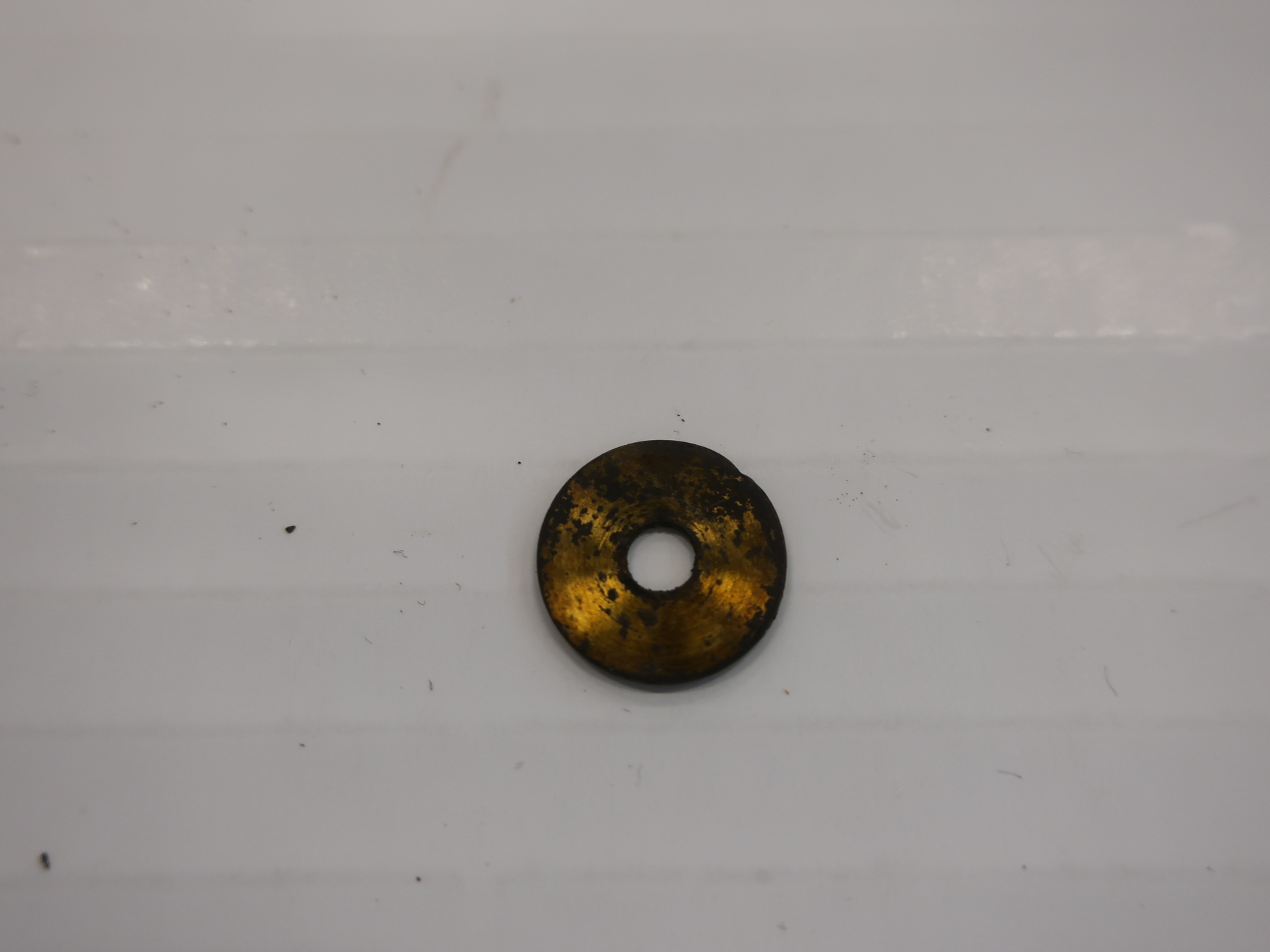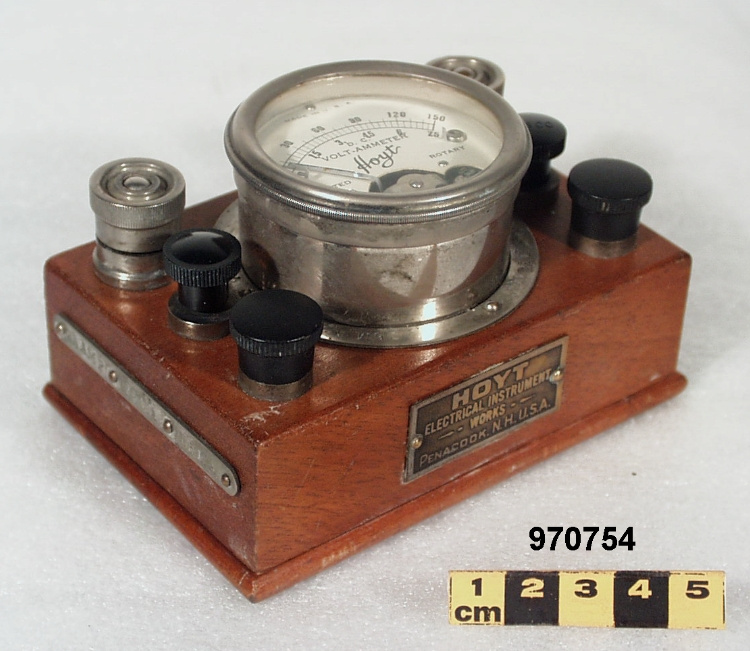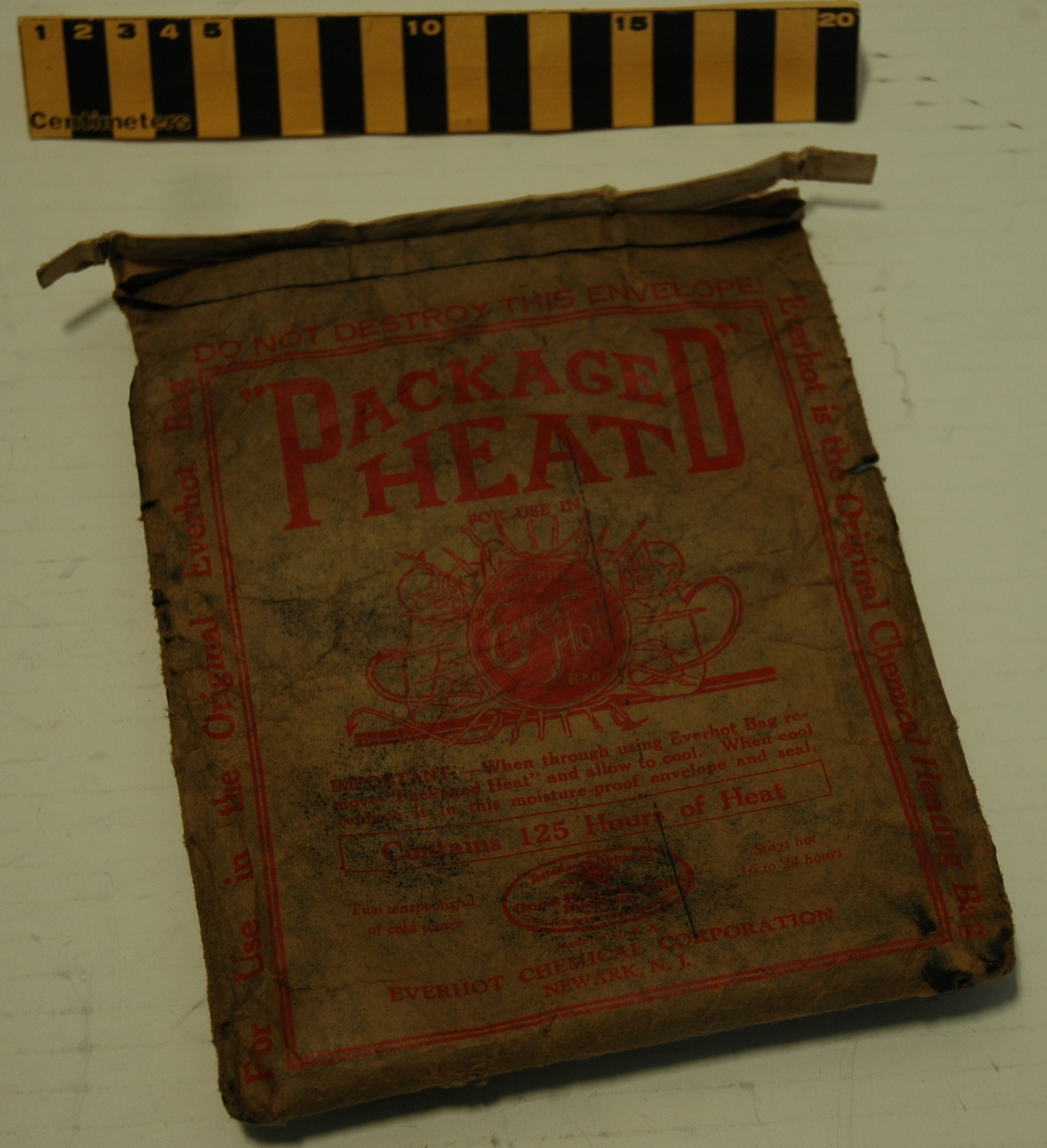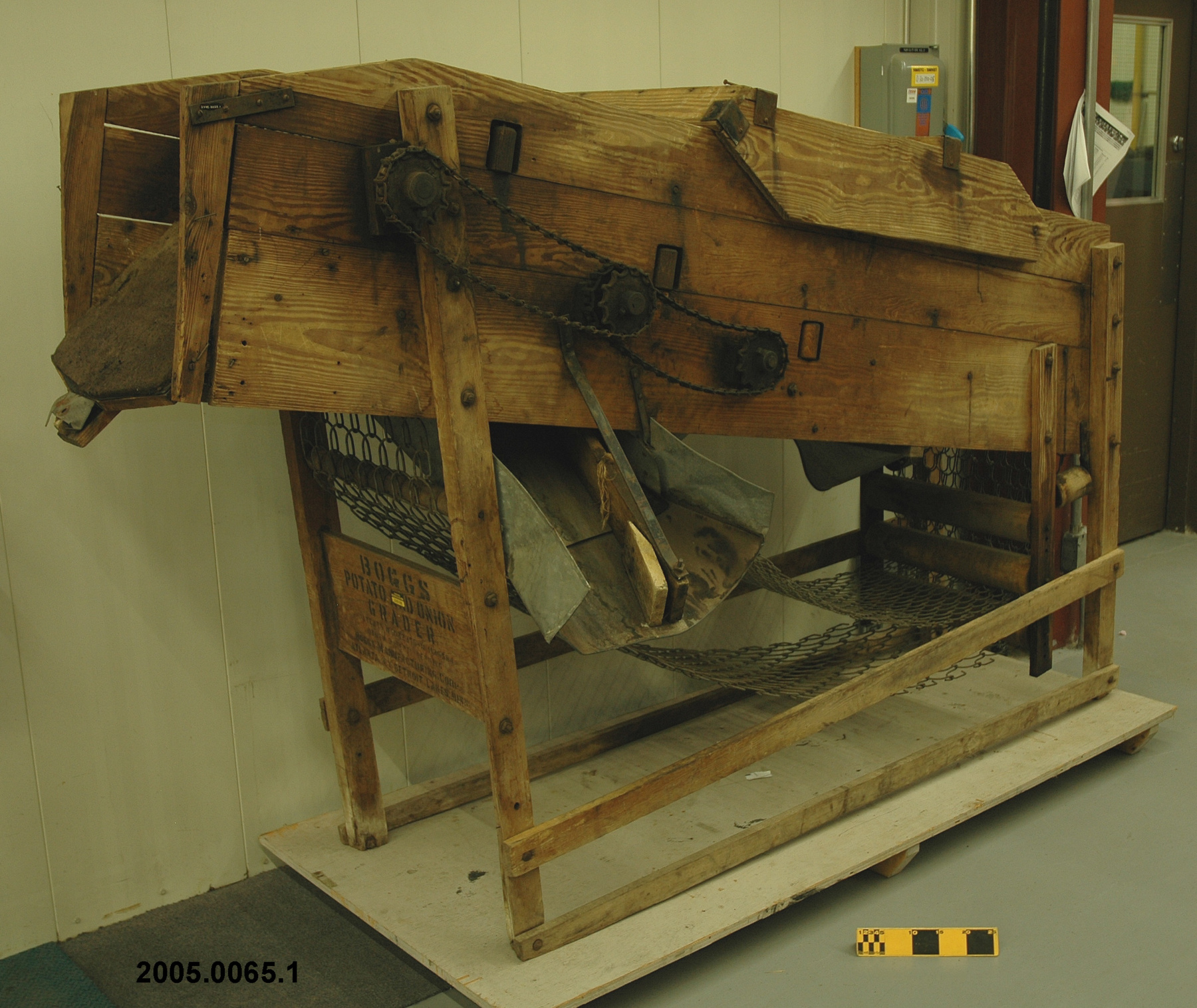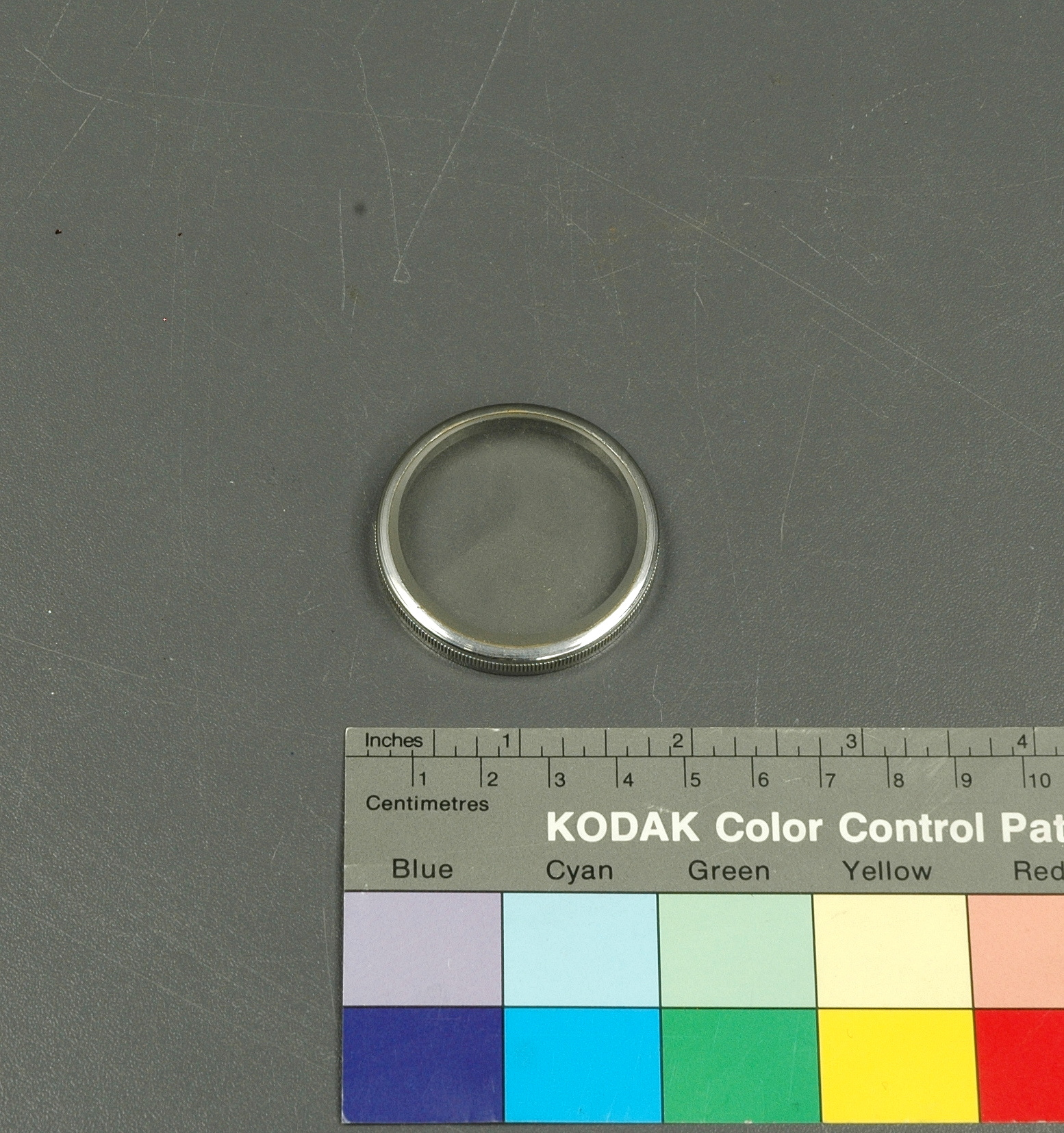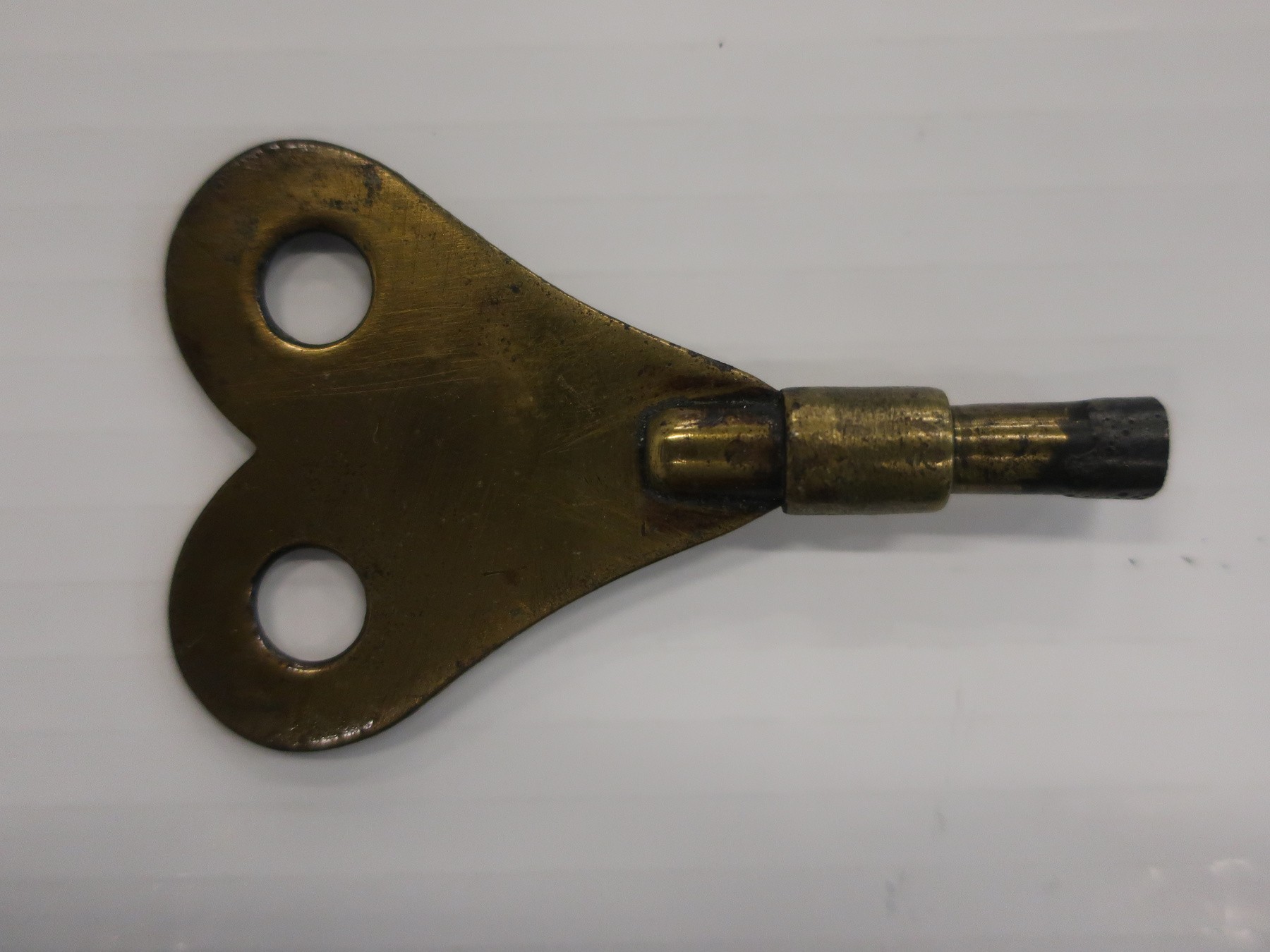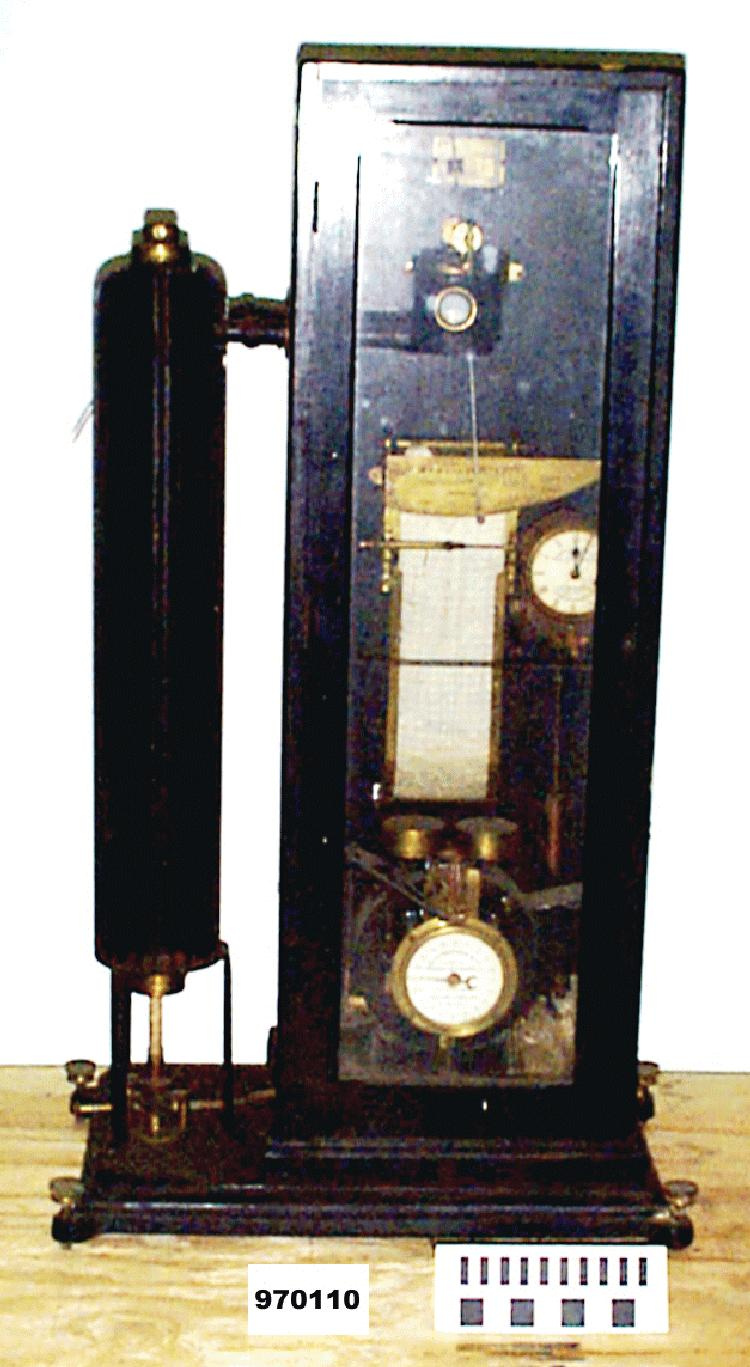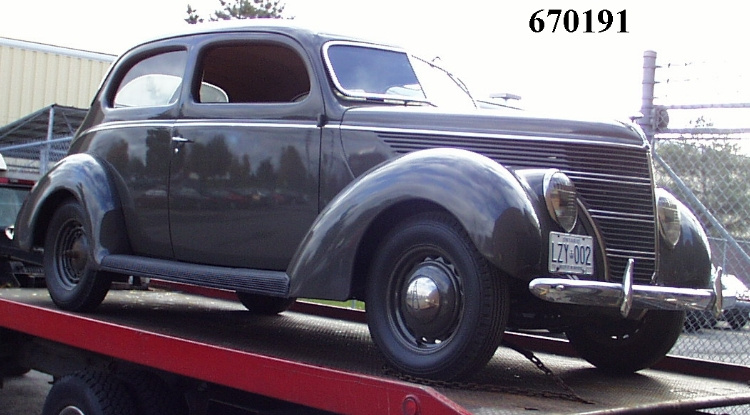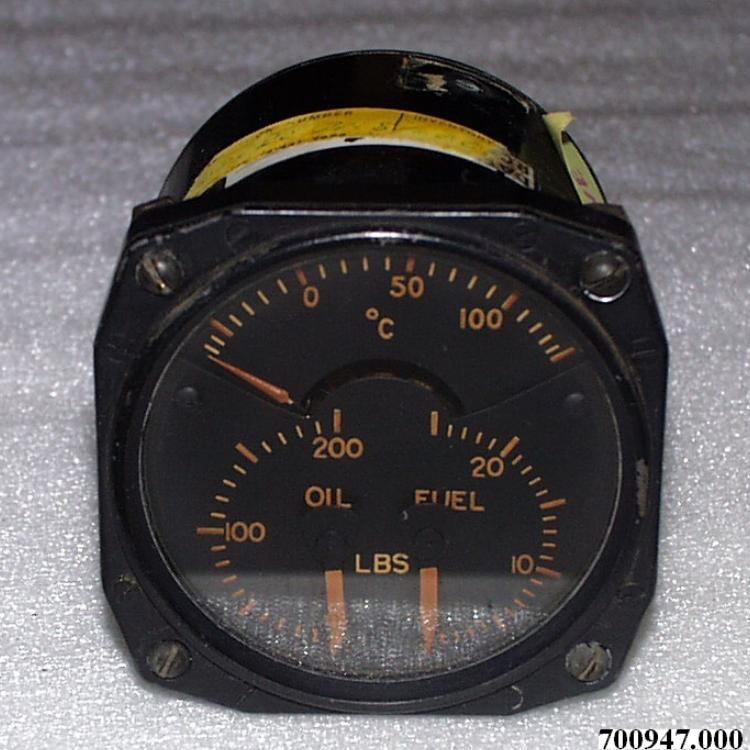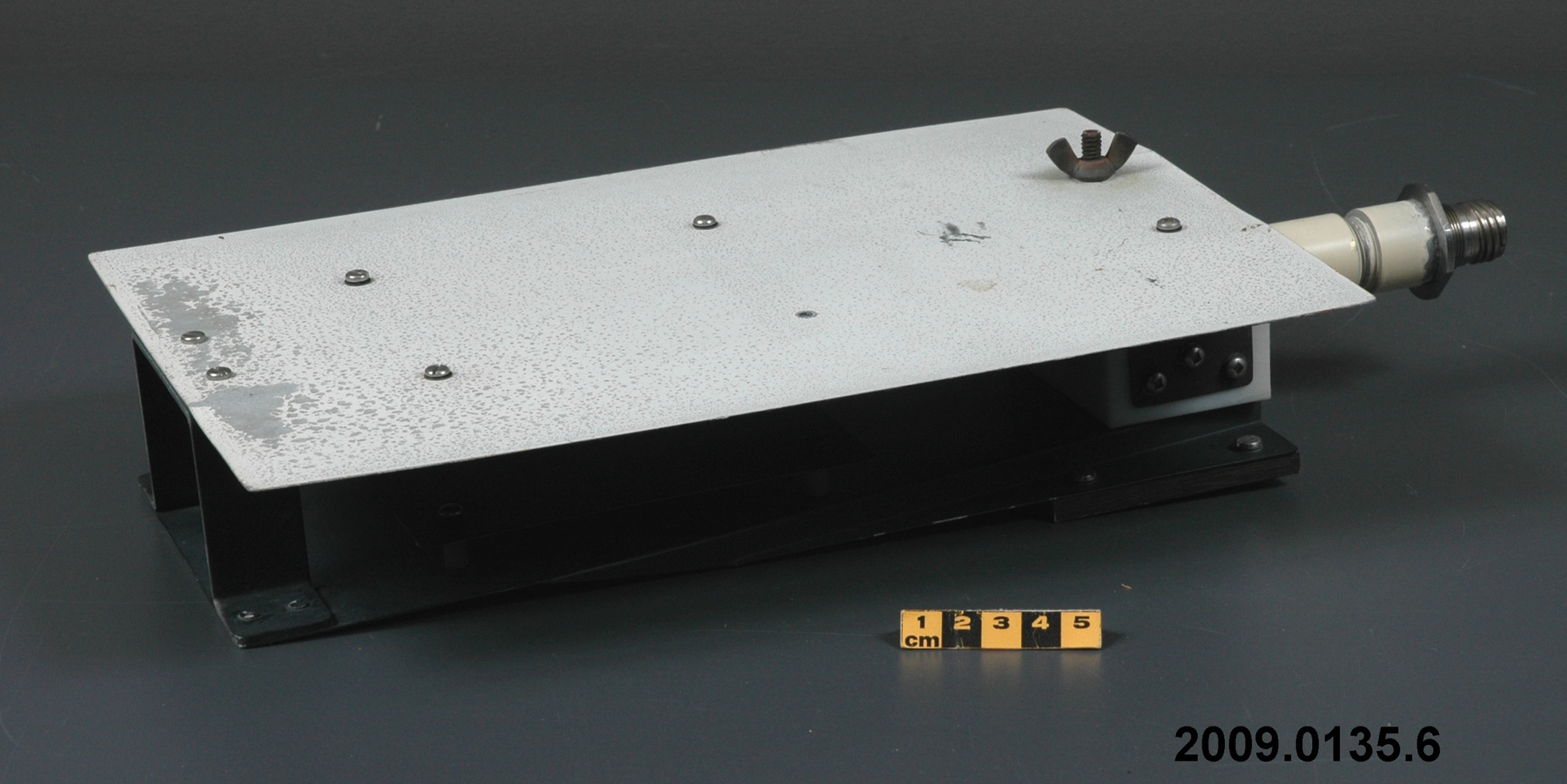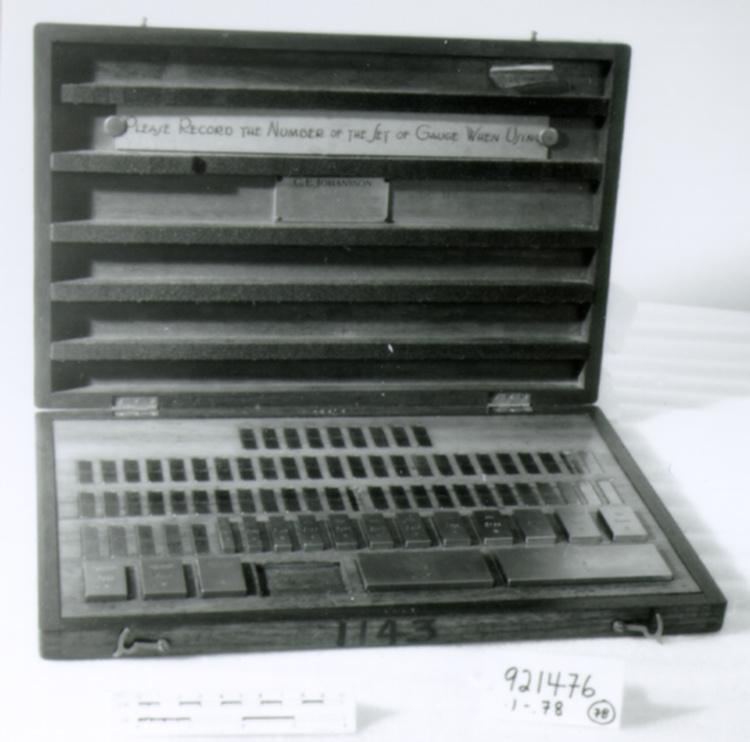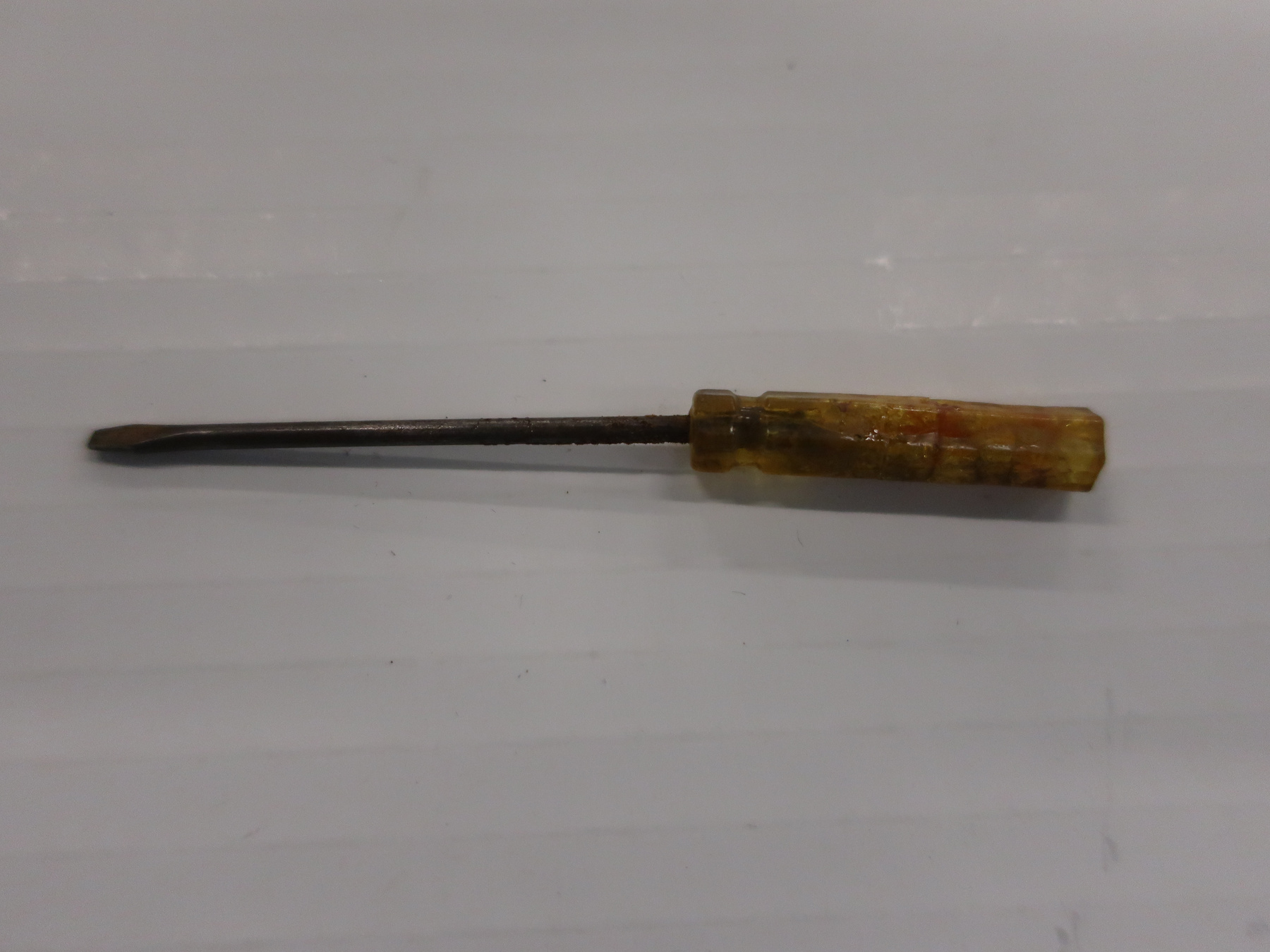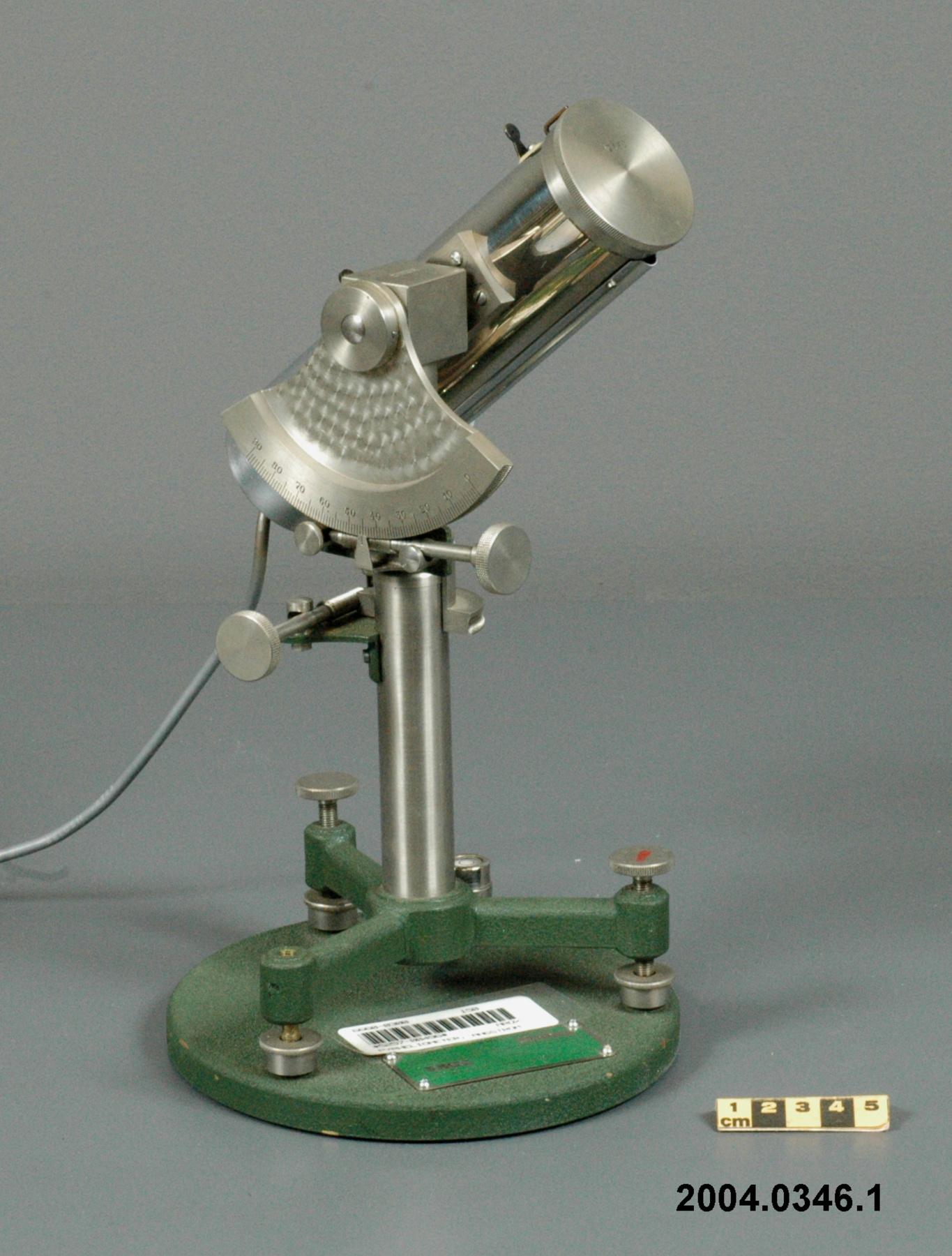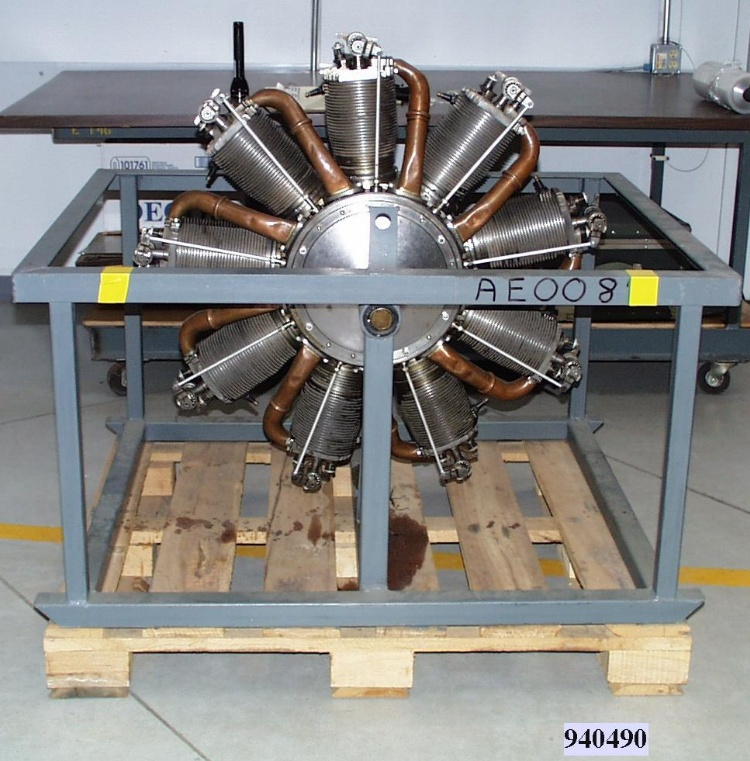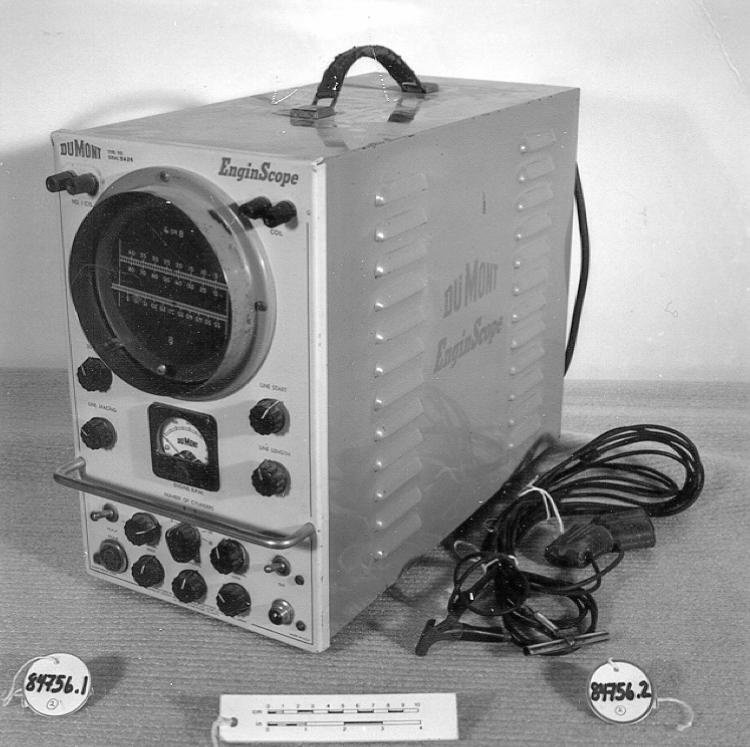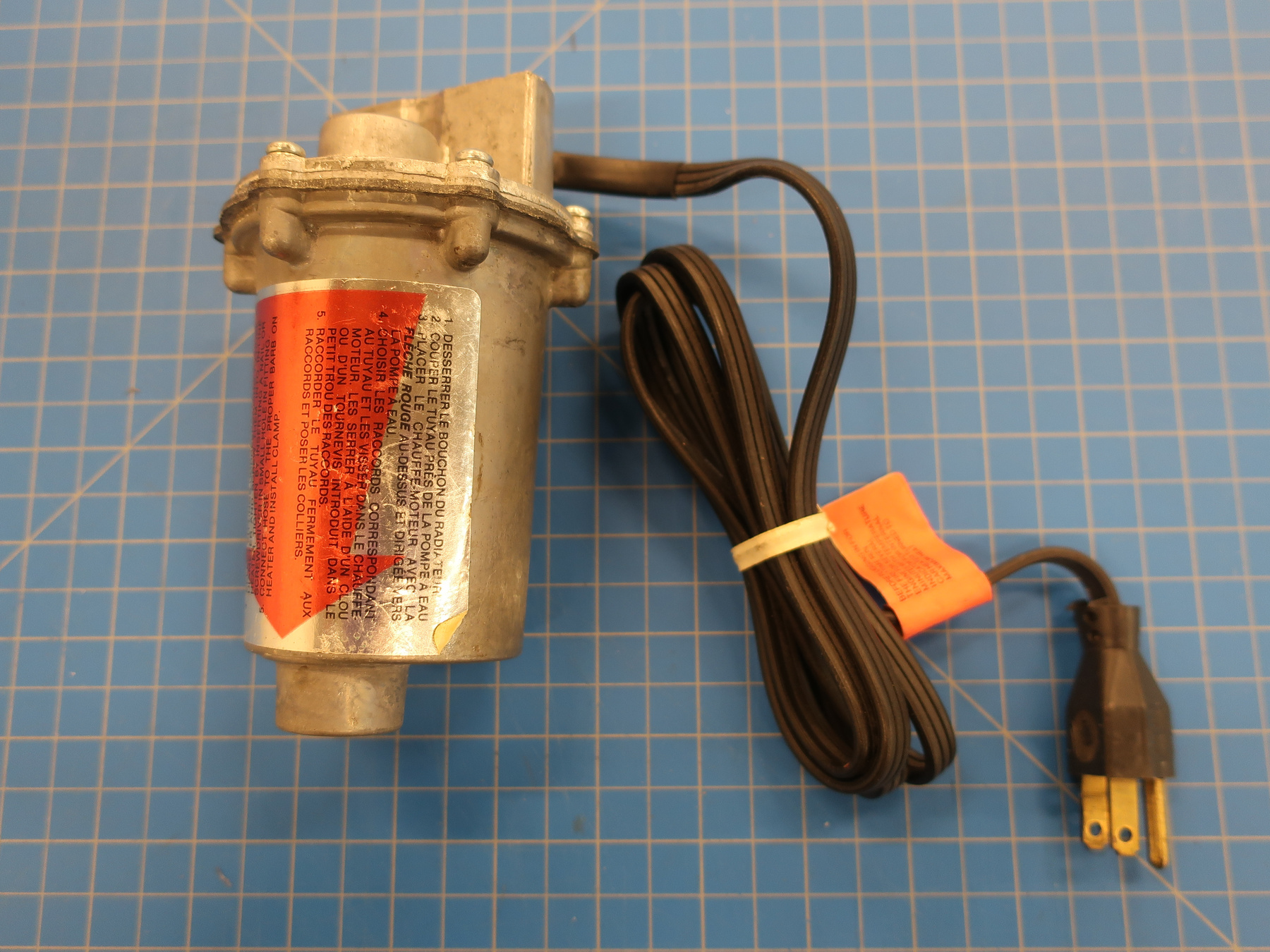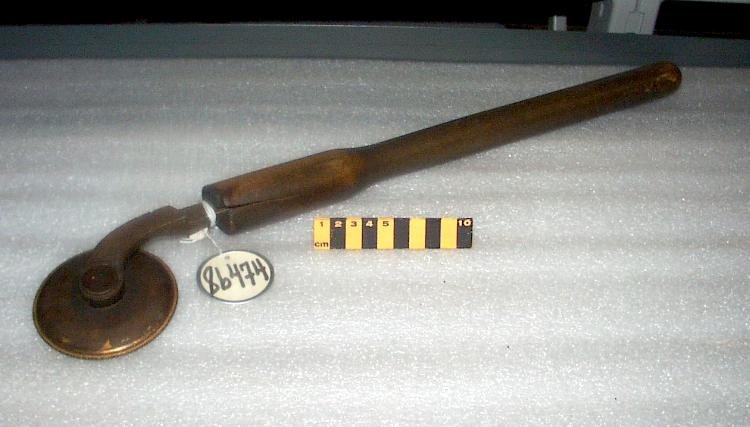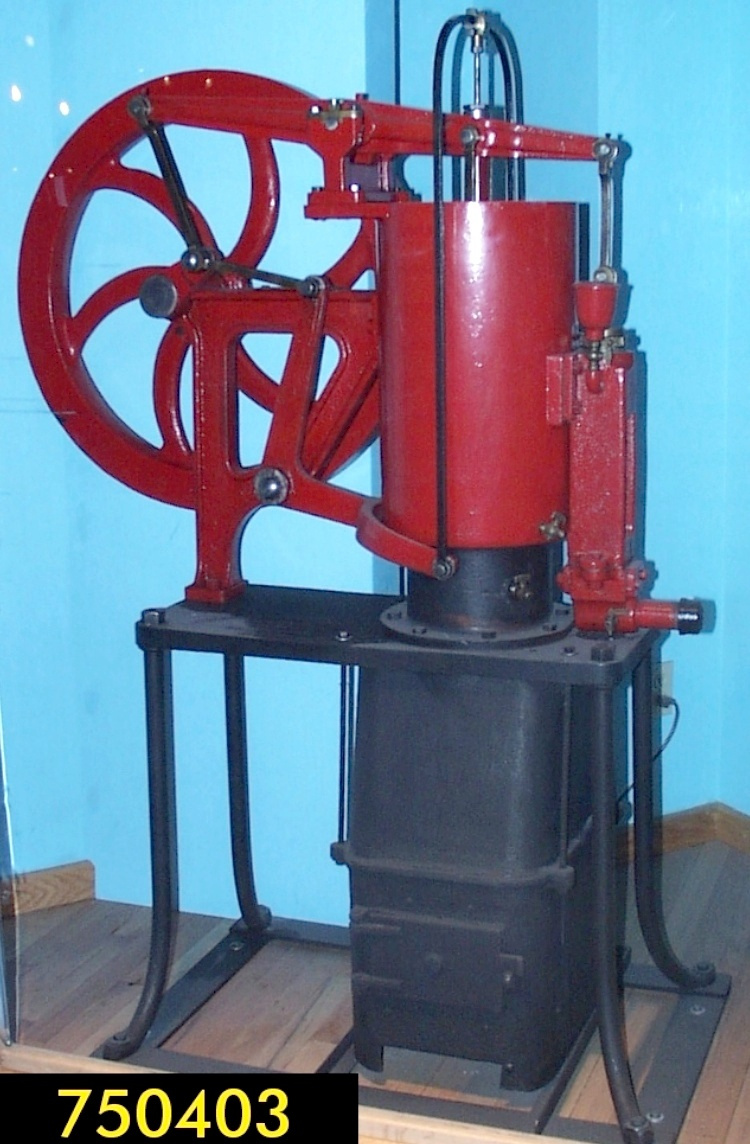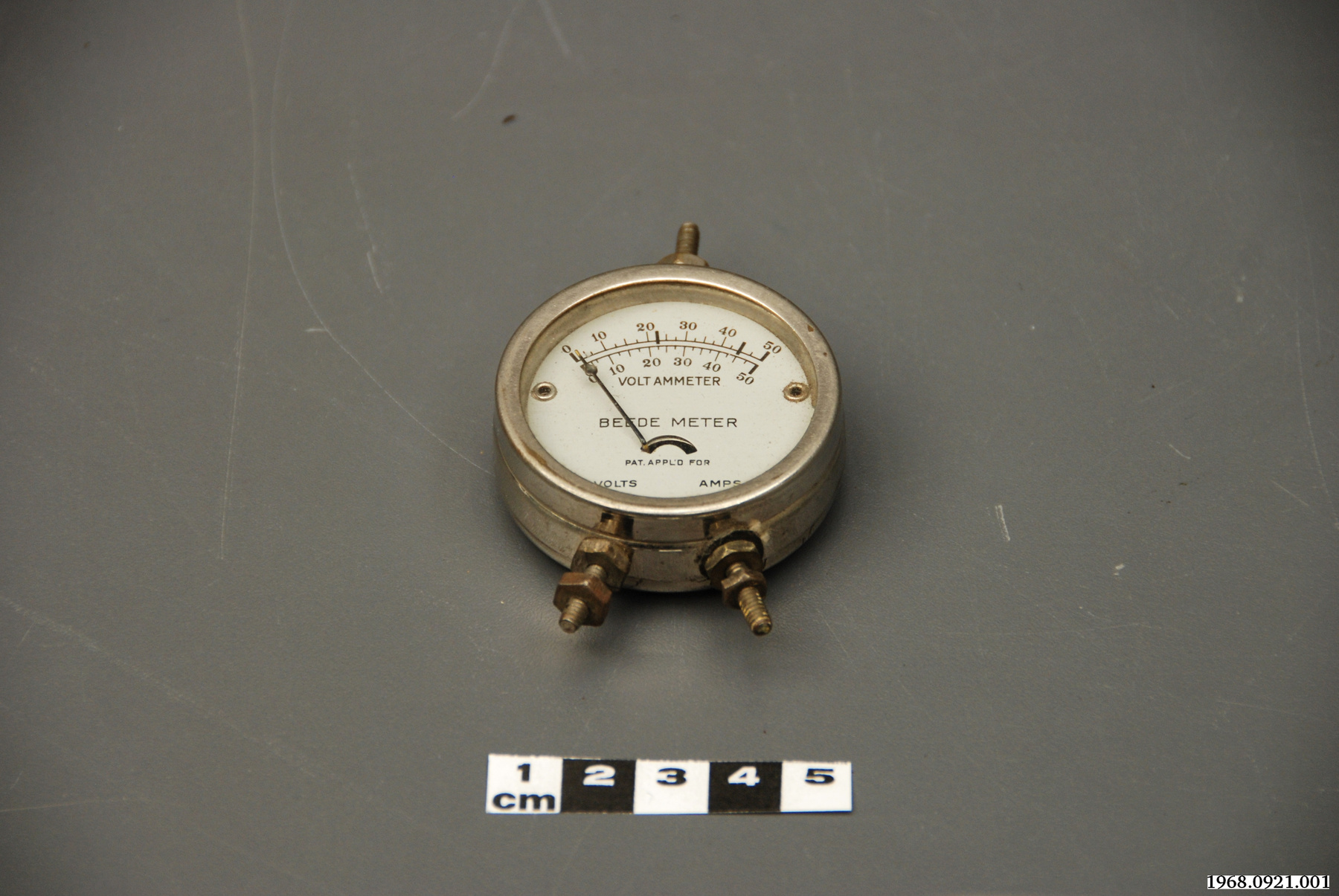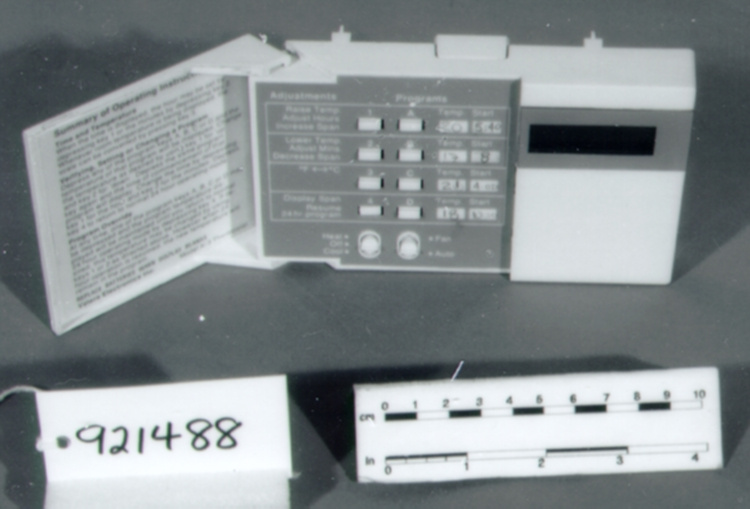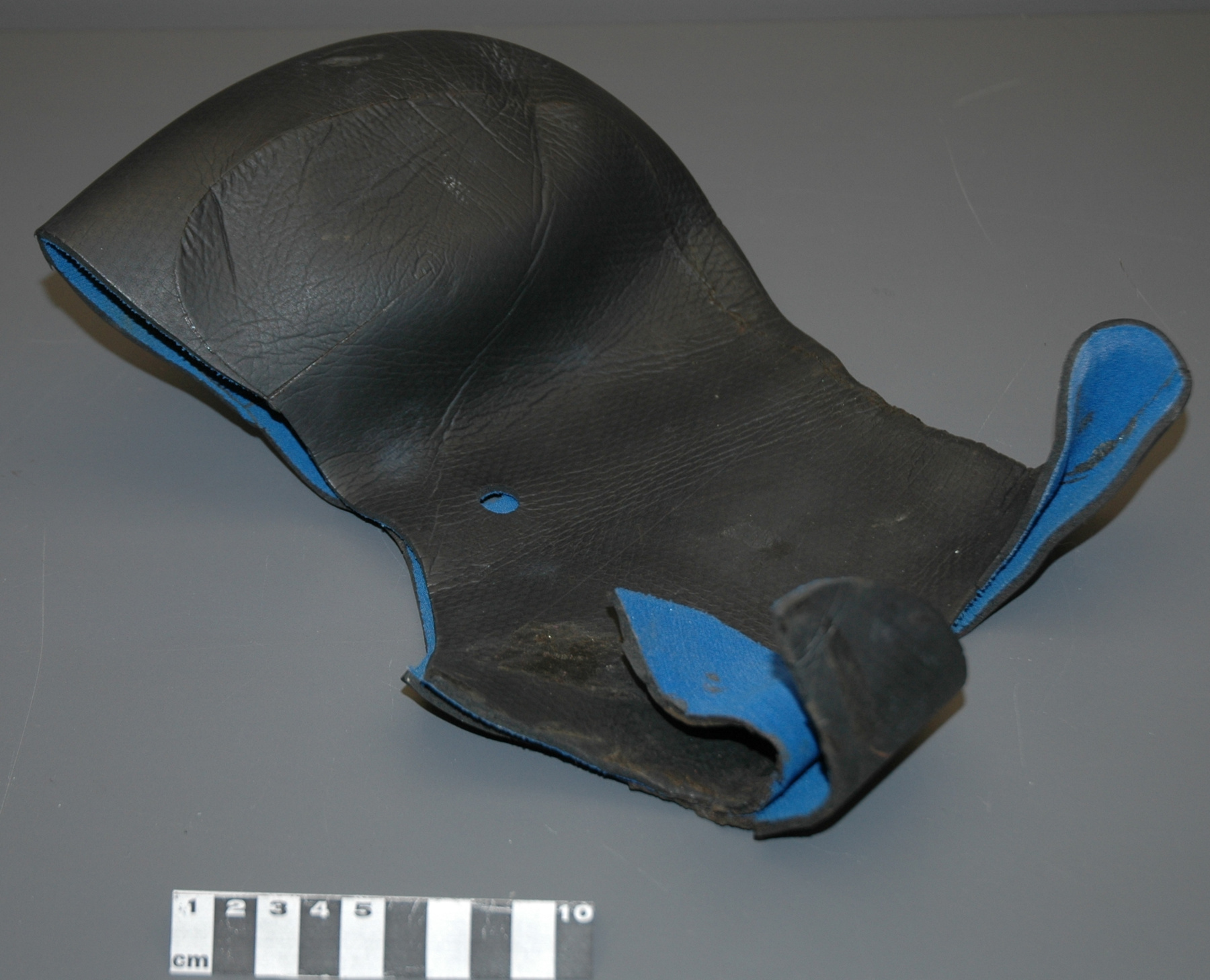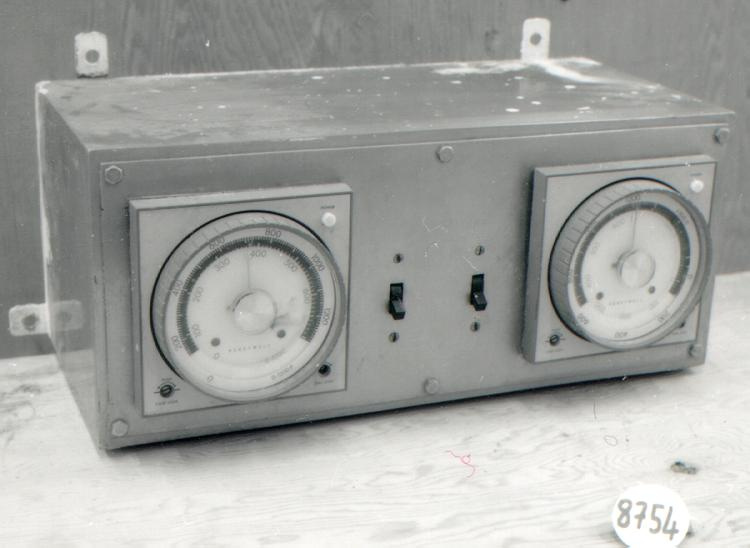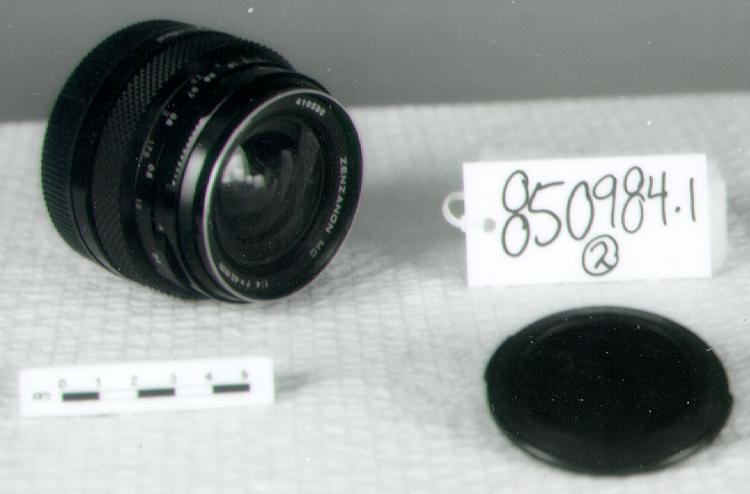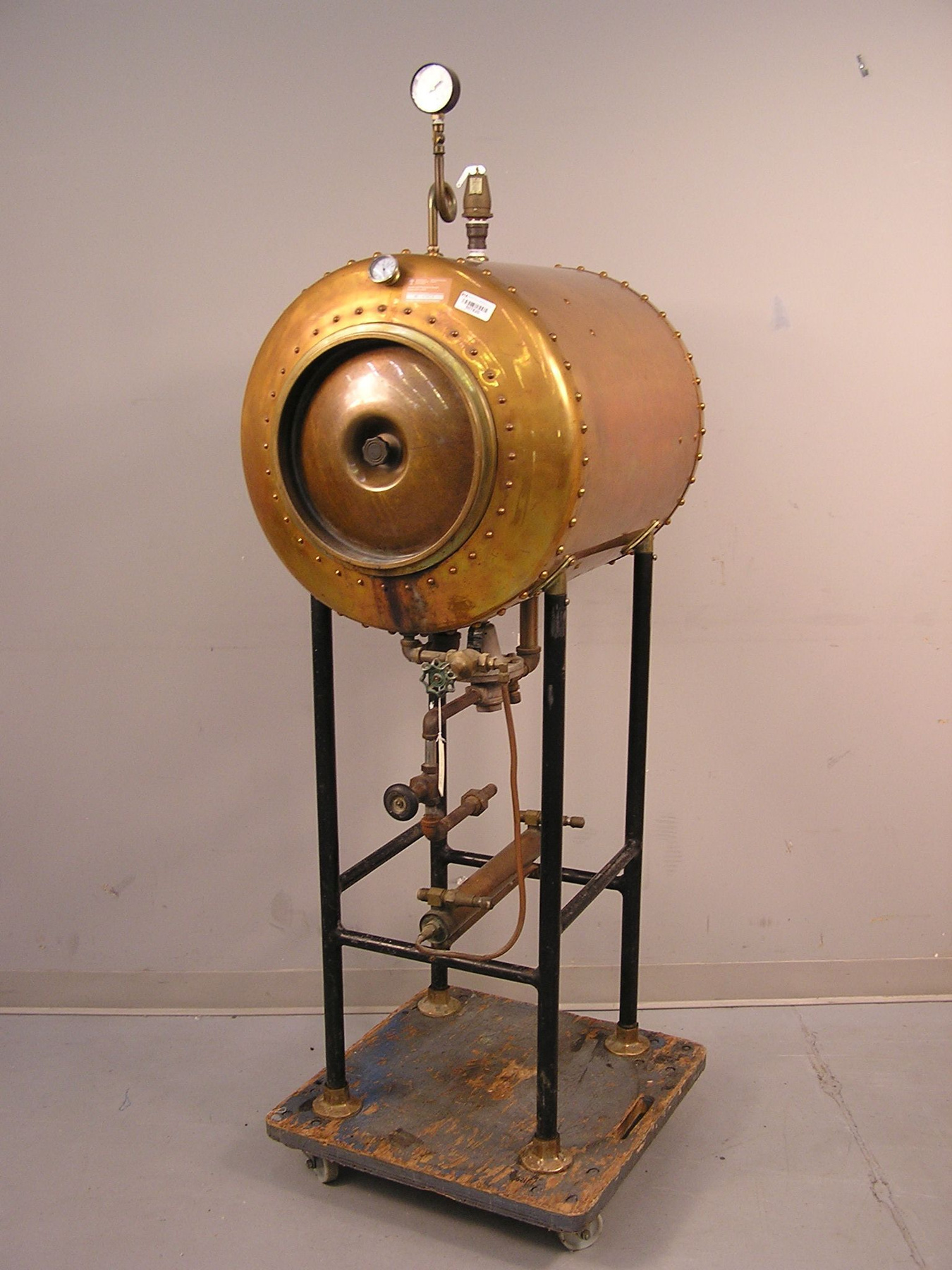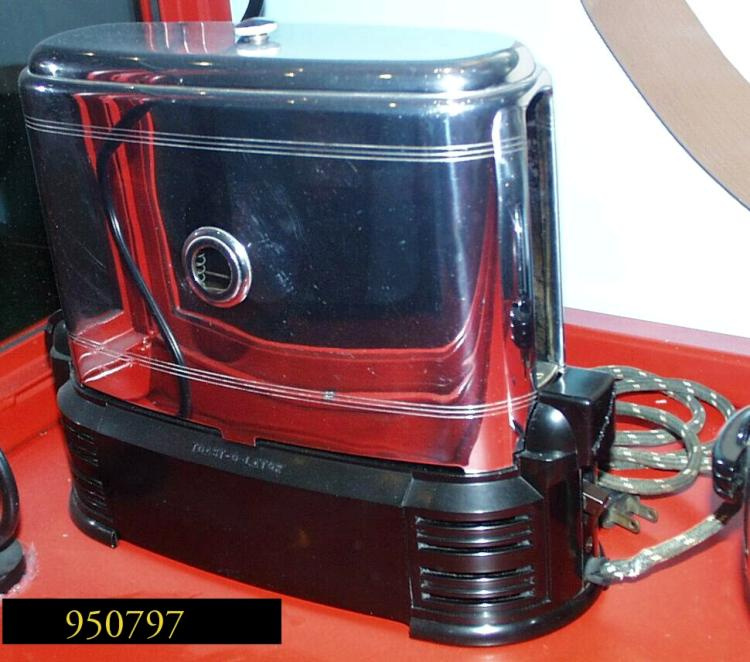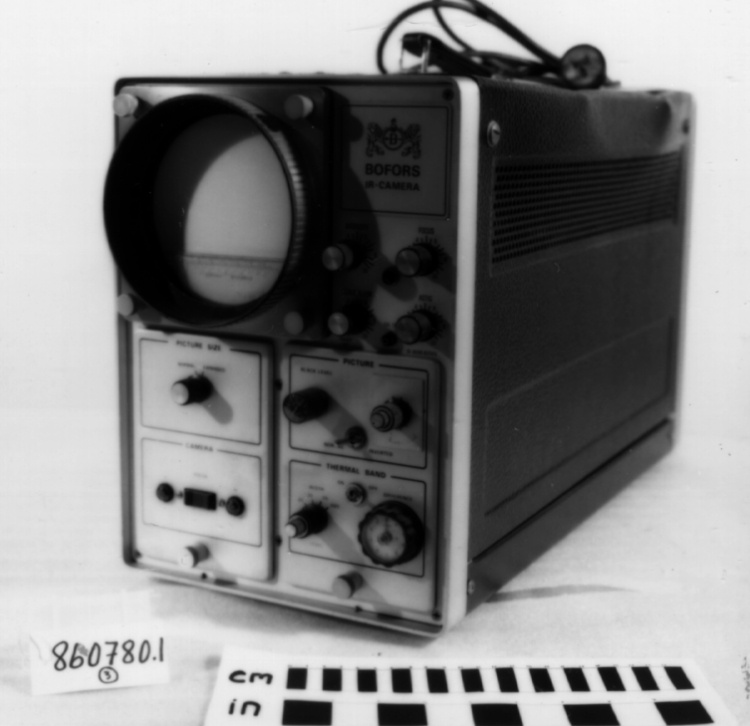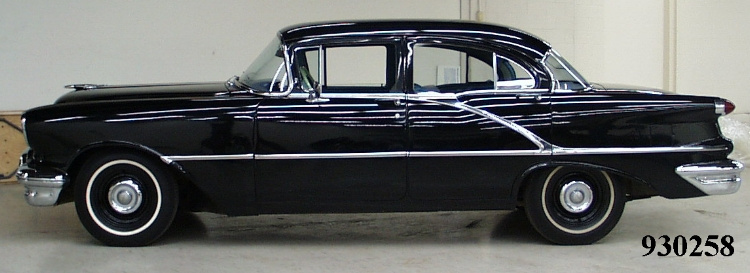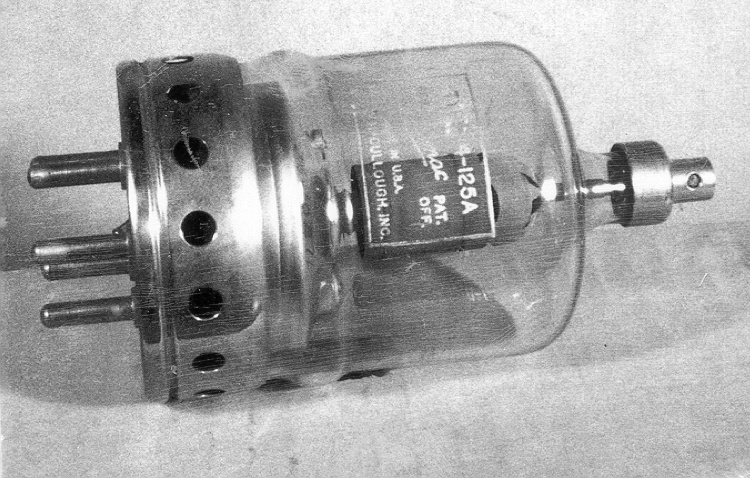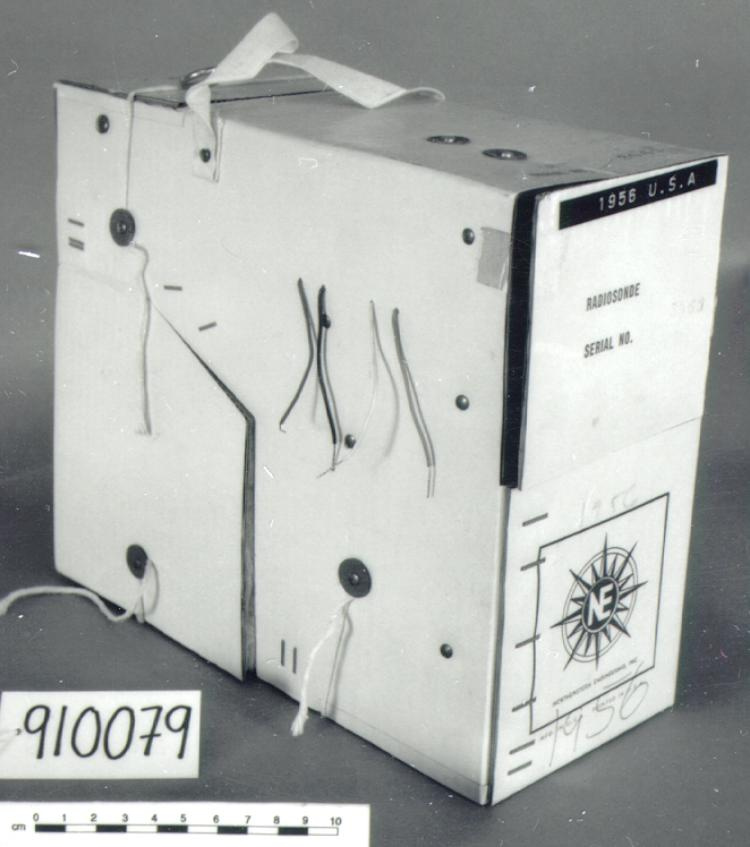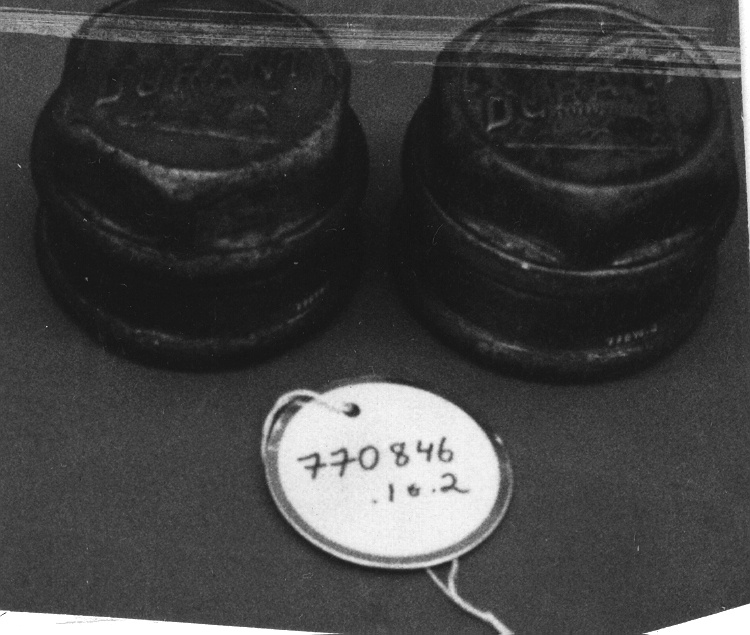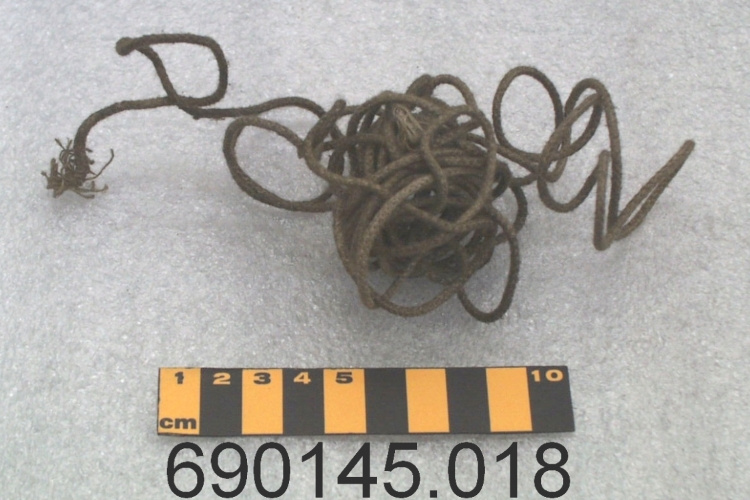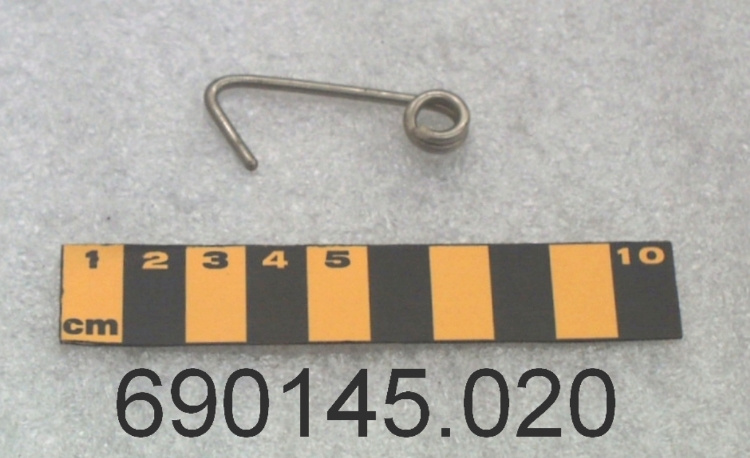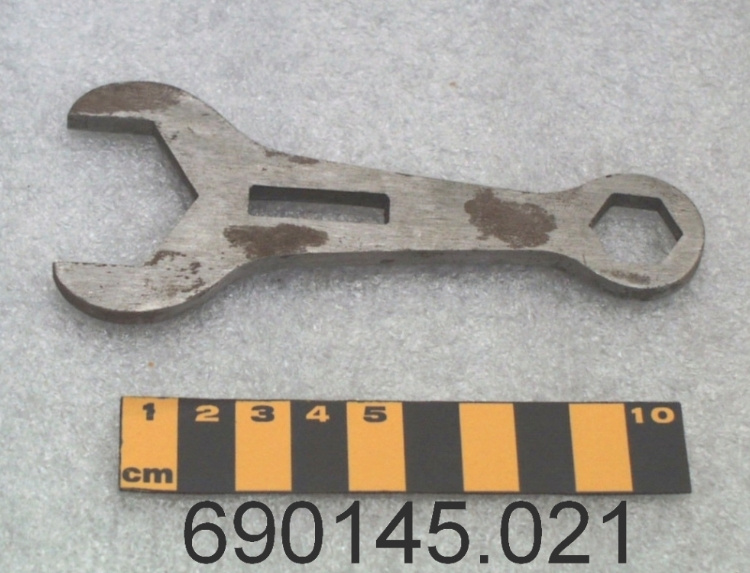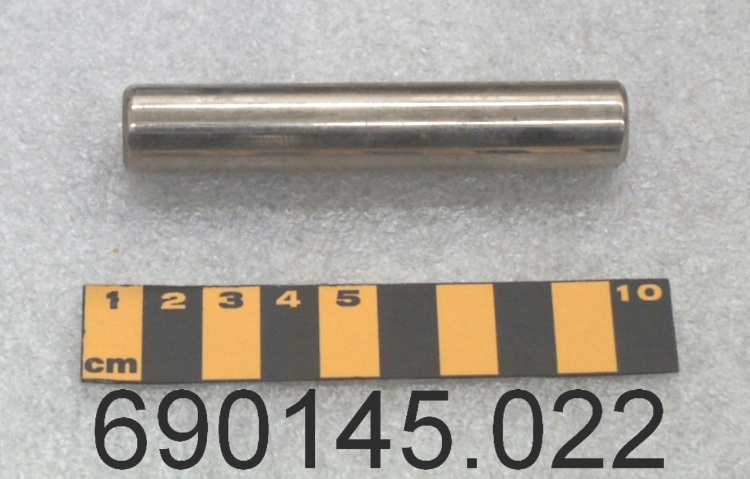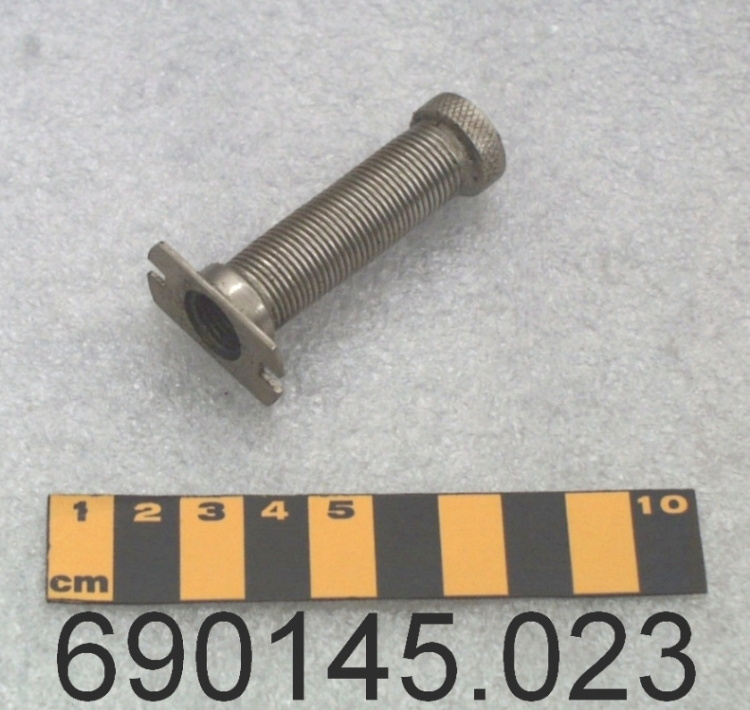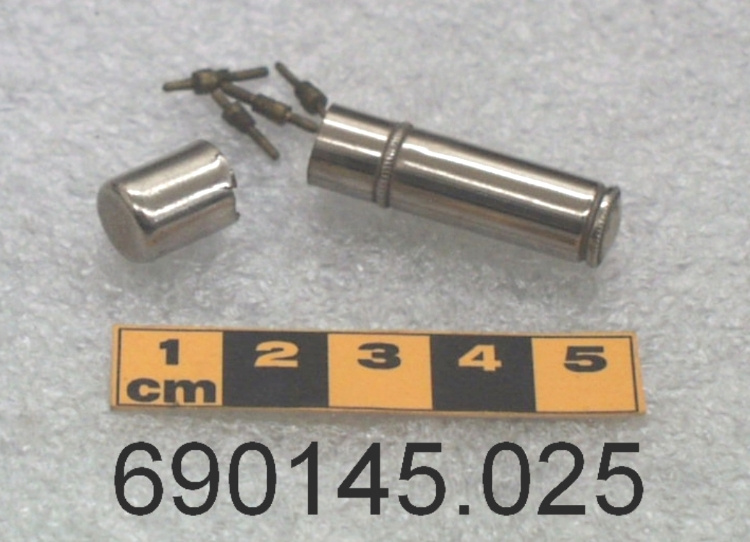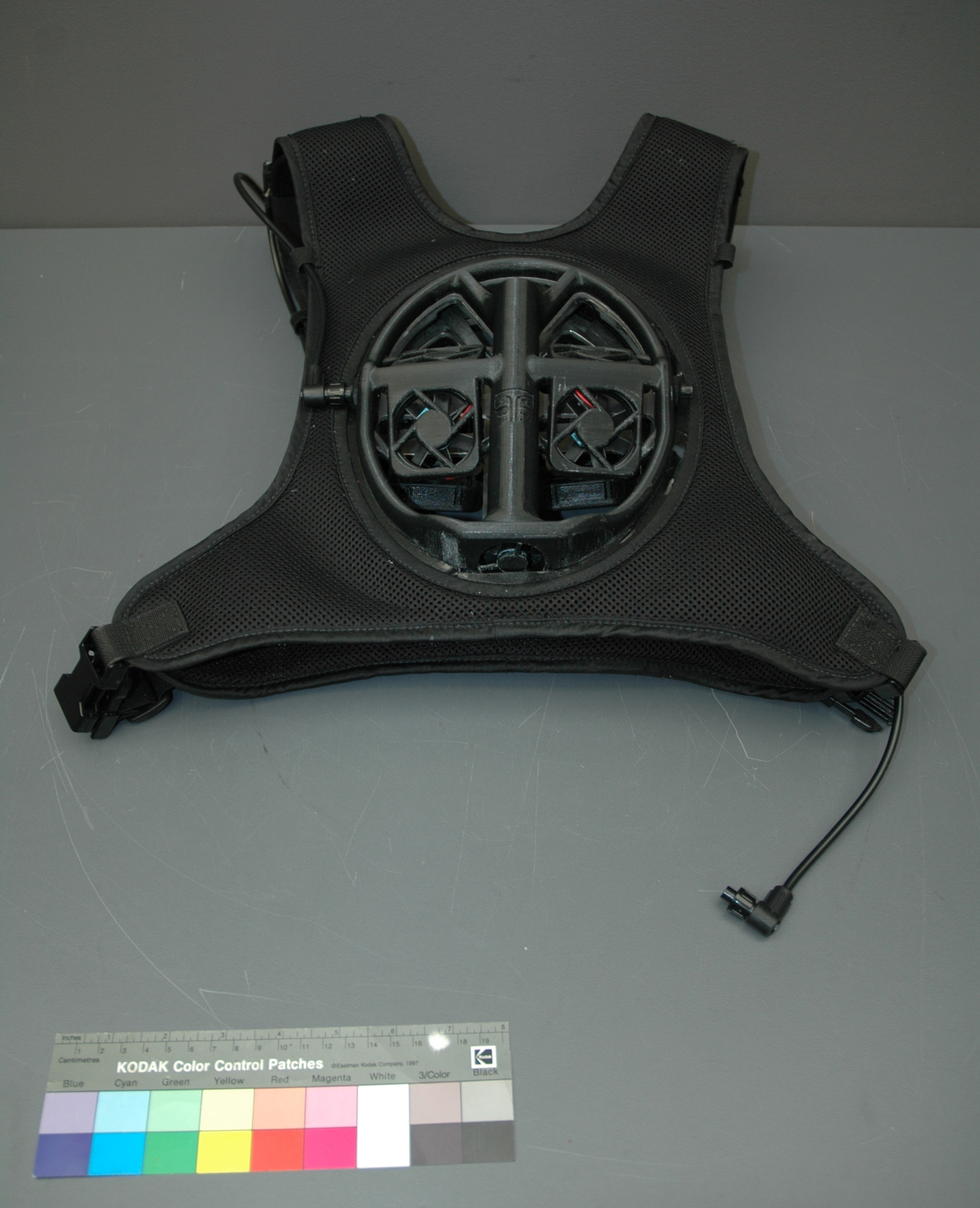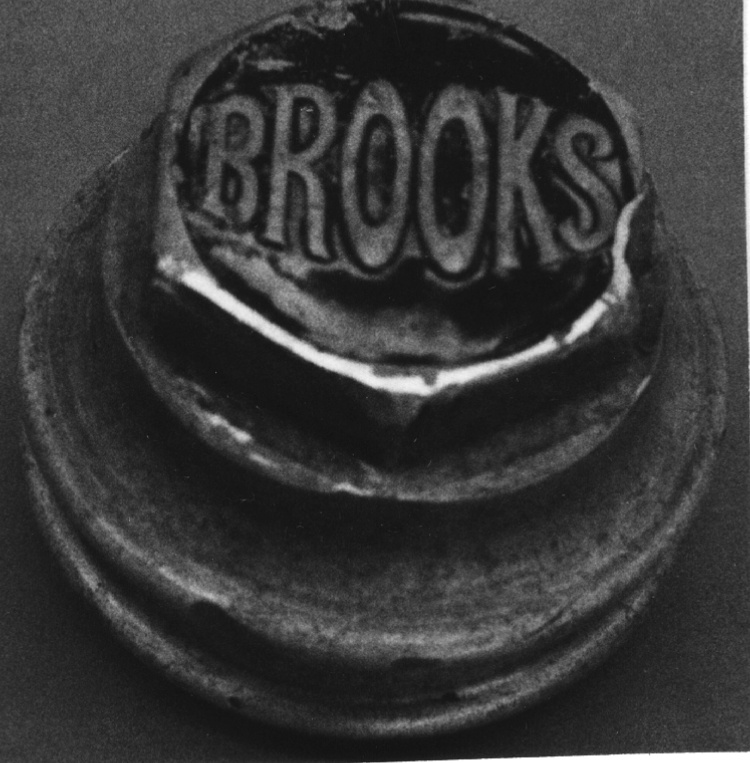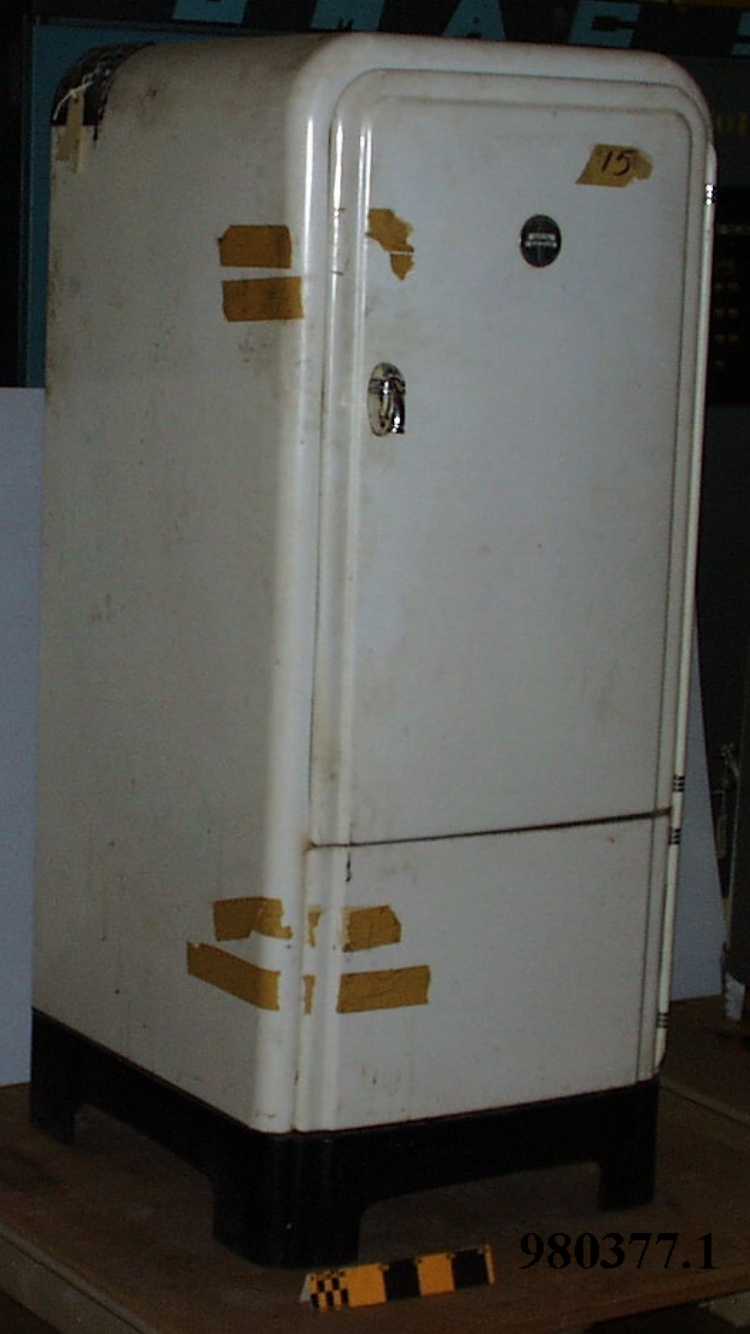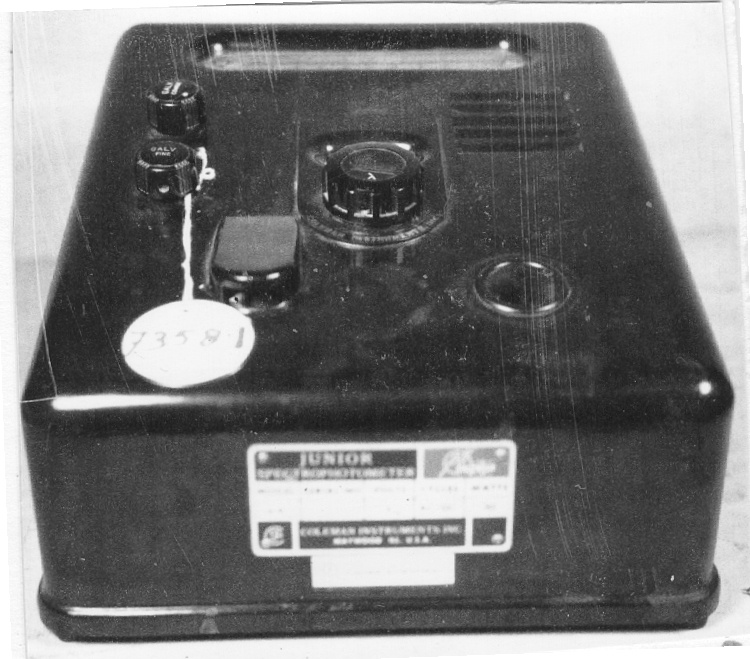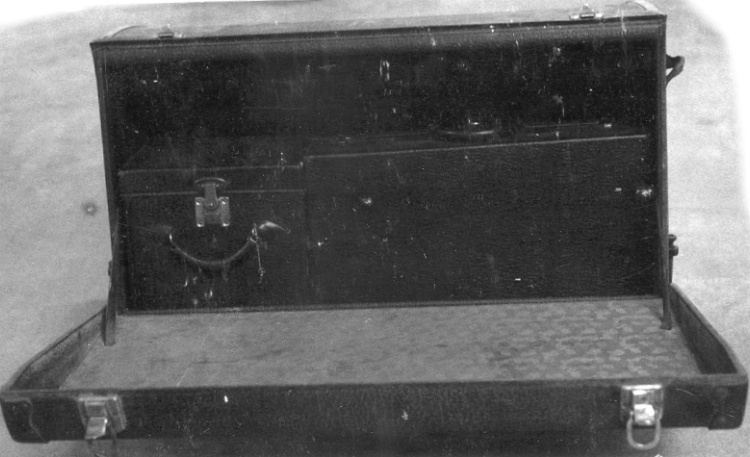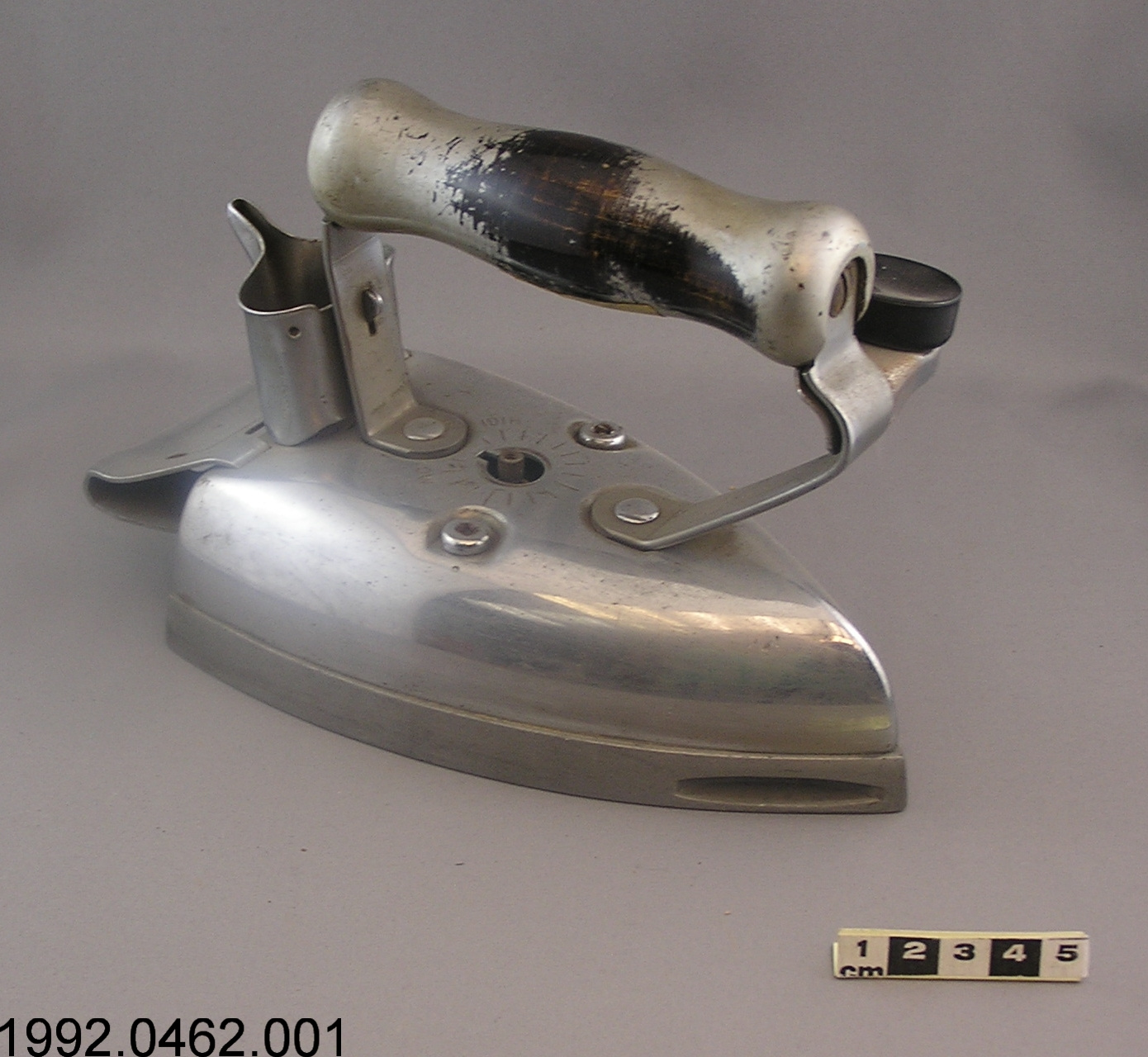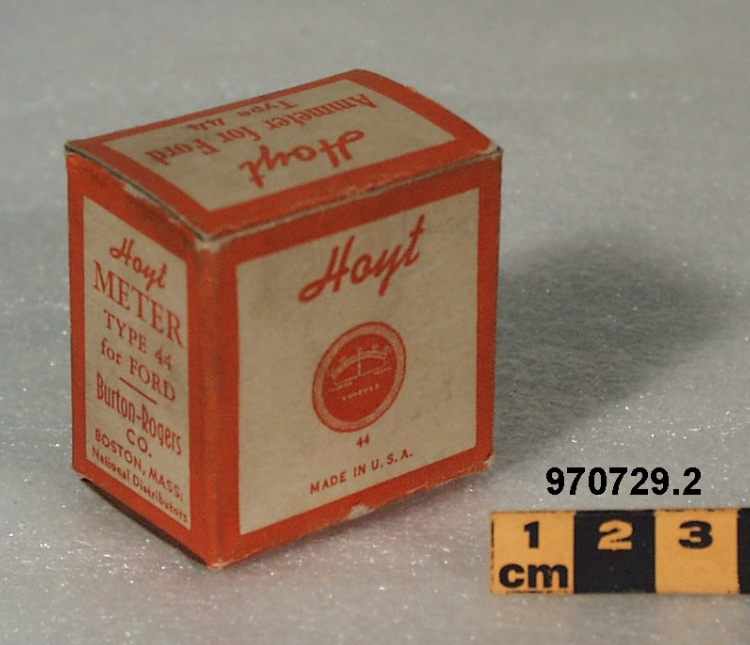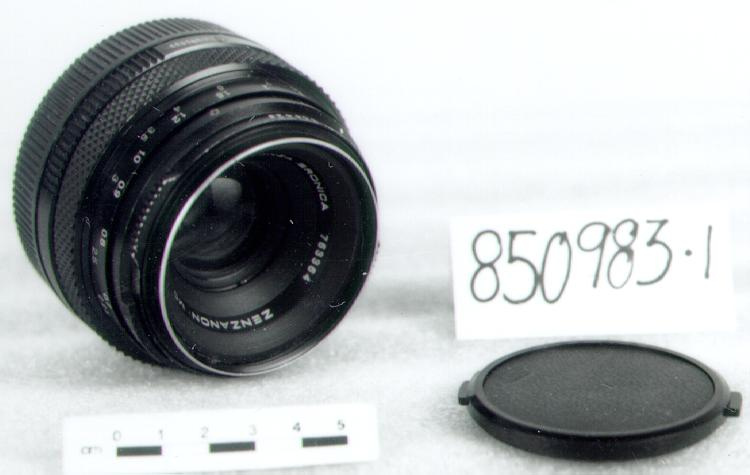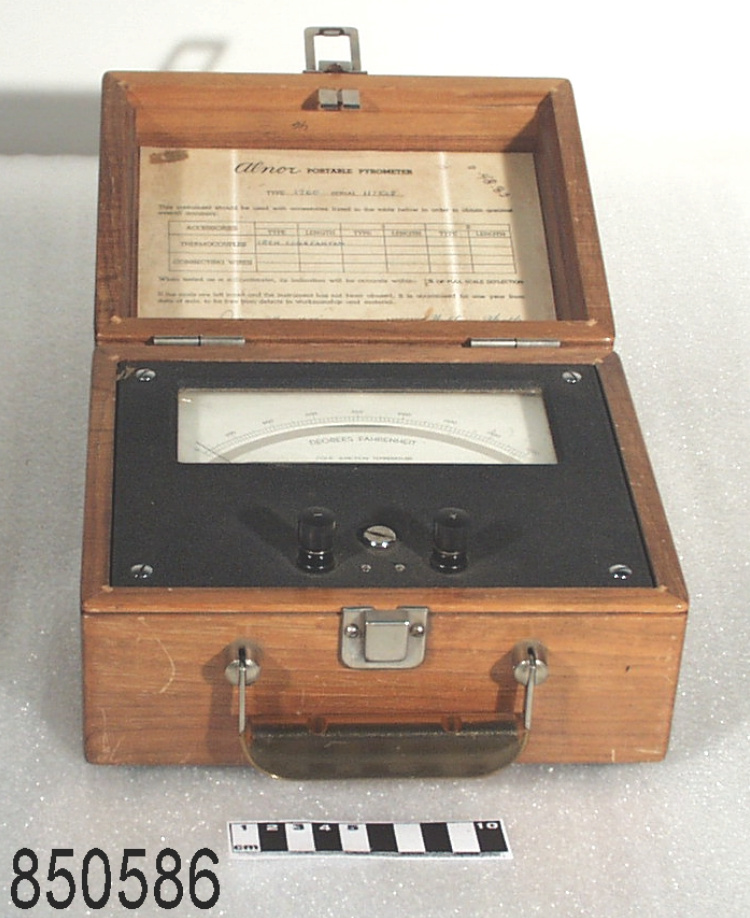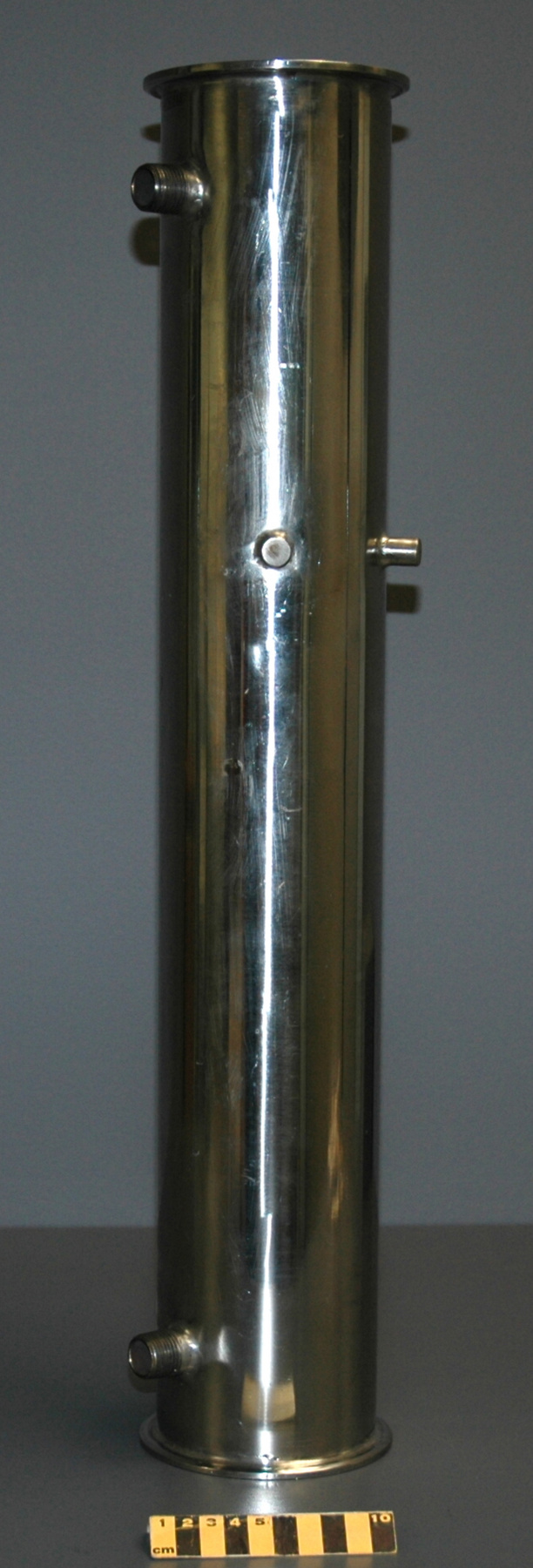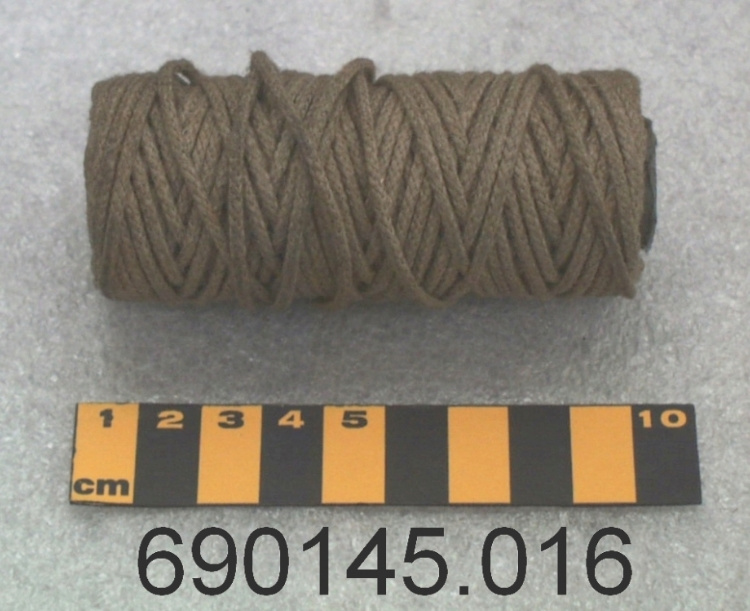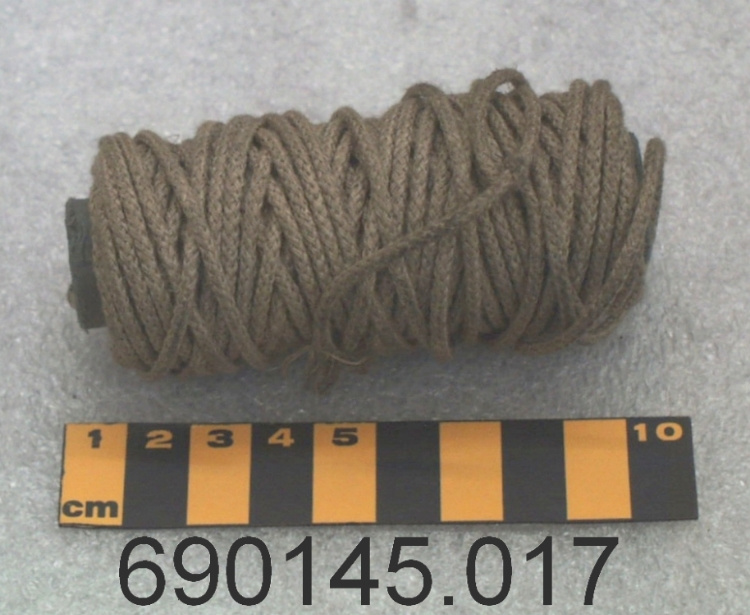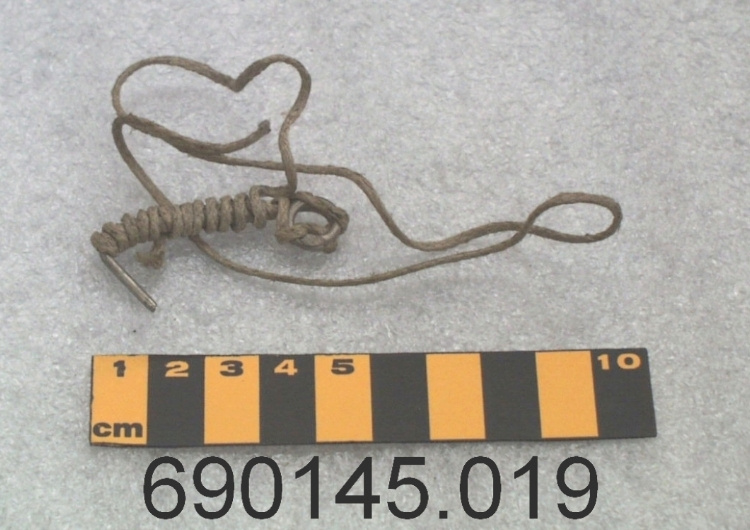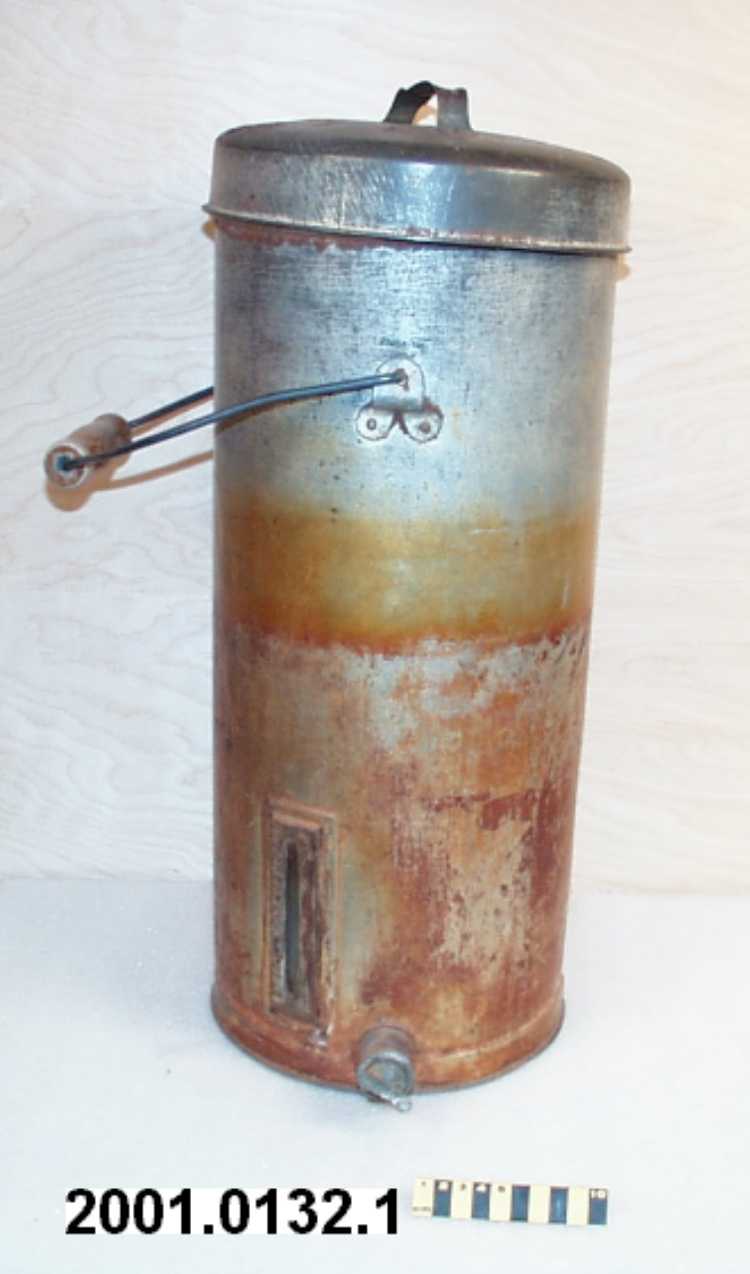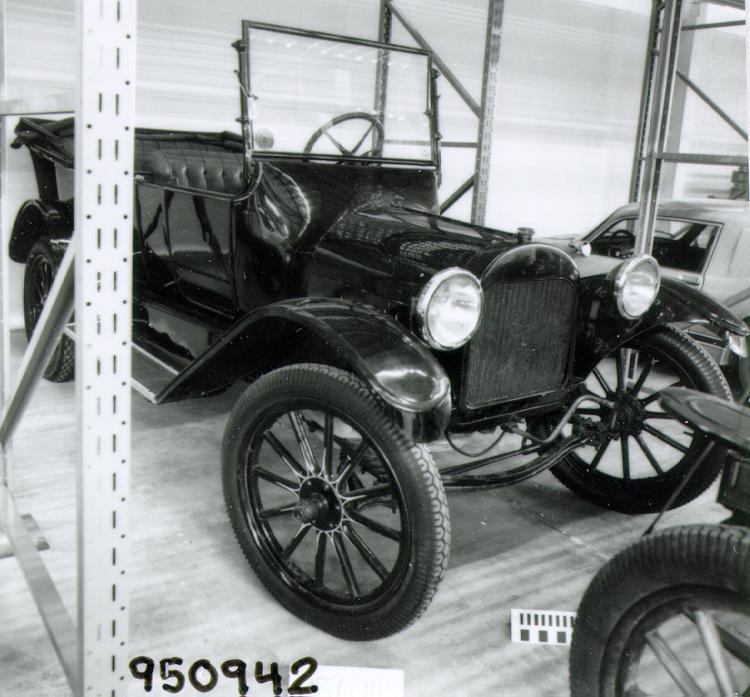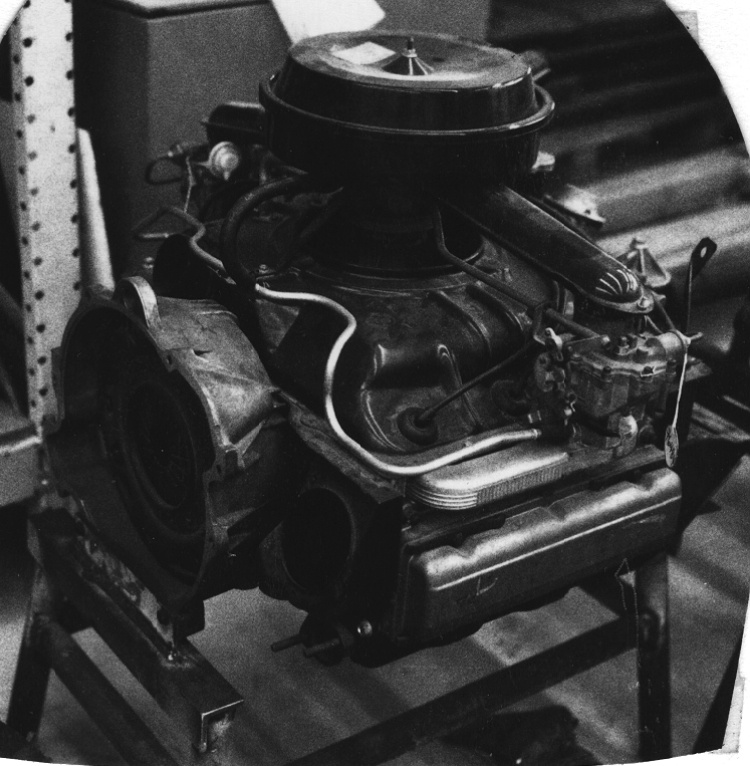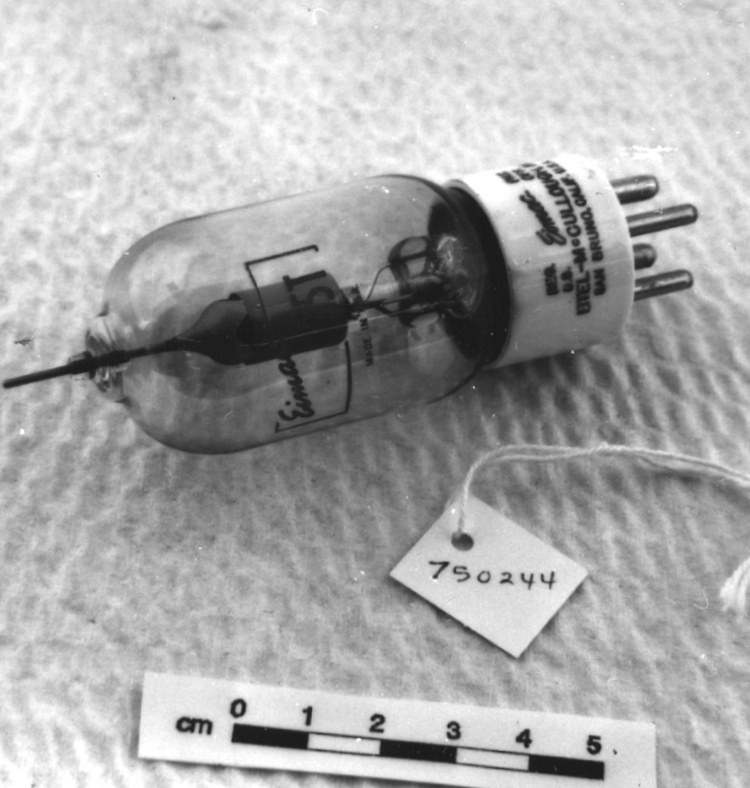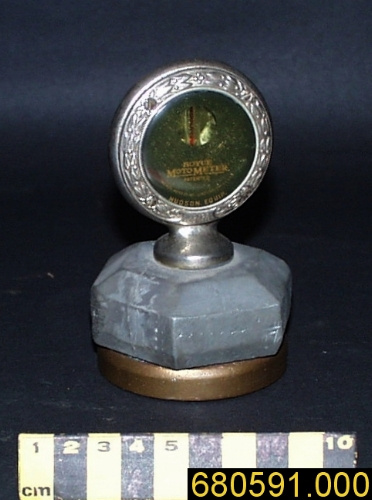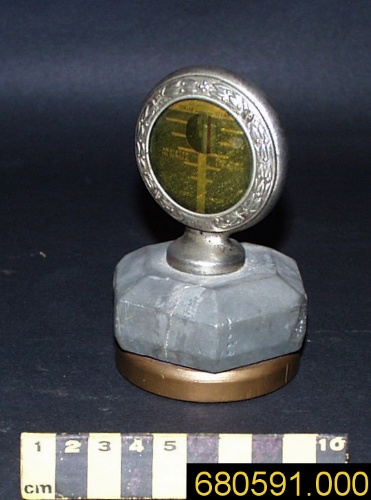Gauge, temperature
Use this image
Can I reuse this image without permission? Yes
Object images on the Ingenium Collection’s portal have the following Creative Commons license:
Copyright Ingenium / CC BY-NC-ND (Attribution-NonCommercial 4.0 International (CC BY-NC 4.0)
ATTRIBUTE THIS IMAGE
Ingenium,
1968.0591.001
Permalink:
Ingenium is releasing this image under the Creative Commons licensing framework, and encourages downloading and reuse for non-commercial purposes. Please acknowledge Ingenium and cite the artifact number.
DOWNLOAD IMAGEPURCHASE THIS IMAGE
This image is free for non-commercial use.
For commercial use, please consult our Reproduction Fees and contact us to purchase the image.
- OBJECT TYPE
- RADIATOR
- DATE
- 1918
- ARTIFACT NUMBER
- 1968.0591.001
- MANUFACTURER
- MOTOMETER CO. INC.
- MODEL
- BOYCE MOTO-METER STANDARD
- LOCATION
- Long Island, New York, United States of America
More Information
General Information
- Serial #
- N/A
- Part Number
- 1
- Total Parts
- 1
- AKA
- N/A
- Patents
- N/A
- General Description
- METAL, BRASS & LEAD
Dimensions
Note: These reflect the general size for storage and are not necessarily representative of the object's true dimensions.
- Length
- 7.6 cm
- Width
- 7.6 cm
- Height
- 10.7 cm
- Thickness
- N/A
- Weight
- N/A
- Diameter
- N/A
- Volume
- N/A
Lexicon
- Group
- Motorized Ground Transportation
- Category
- Automotive parts
- Sub-Category
- N/A
Manufacturer
- AKA
- MOTOMETER
- Country
- United States of America
- State/Province
- New York
- City
- Long Island
Context
- Country
- Unknown
- State/Province
- Unknown
- Period
- Unknown
- Canada
-
Unknown - Function
-
A heat gauge for autos and trucks which registers the temperature of the cooling system and is a warning against over heating (KE – notes: 1980.0372). - Technical
-
A sample type of a Boyce Motometer heat gauge that consists of a thermometer attached to the top of a radiator cap used to provide temperature control for the engine of automobiles. In 1912, Boyce introduced and patented the first motometer (“Boyce Motometer”). It bridged a period between the production of plain utilitarian radiator caps and cap-mounted hood ornaments or mascots (Boggs and Boggs, “Motometers”). At the turn of the 20th century, automobile engines were not pressurized and were susceptible to overheating. There was no way to measure the internal temperature of the engine unless it overheated and steam was released from the radiator cap. There was a need to know the temperature of the engine’s cooling system because it was important to maintain an efficient operating temperature to prevent engine destruction due to overheating. As a result, the U.S. company Boyce invented the heat gauge to display the engine temperature (Boggs and Boggs, “Motometers”). At first, motometers were constructed with a simple design, however decorative ornamentation was added over time, such as wings, knobs and other embellishments. By the 1920s, the temperature gauge was located on the dashboard inside the automobile and motometers were no longer necessary. As a result, the radiator cap was decorated with hood ornaments or mascots (“The History of Hood Ornaments”). - Area Notes
-
Unknown
Details
- Markings
- Text stamped onto bottom front and back of metal casing: ‘Boyce MotoMeter’; Text on the front inside layer states temperature scale and patents: ‘Patented [unreadable - Mar-7-14?]/ July-16-18/ Aug.-13-18’; Text on the back inside layer states name and location of manufacturer, as well as the model of gauge: ‘Boyce MotoMeter/ Patented/ The MotoMeter Co. Inc./ Long Island City, N.Y., U.S.A./ Hudson Equip.’
- Missing
- N/A
- Finish
- Unknown
- Decoration
- N/A
CITE THIS OBJECT
If you choose to share our information about this collection object, please cite:
MOTOMETER CO. INC., Gauge, temperature, after 1918, Artifact no. 1968.0591, Ingenium – Canada’s Museums of Science and Innovation, http://collection.ingeniumcanada.org/en/id/1968.0591.001/
FEEDBACK
Submit a question or comment about this artifact.
More Like This
